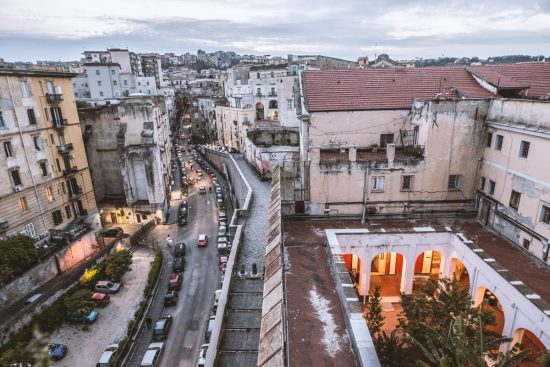
Uno spazio di comunità pazzesco – Ex OPG di Napoli
Abbiamo incontrato a Napoli gli attivisti del Centro Sociale Ex OPG Occupato – Je so’ pazzo, un ex ospedale psichiatrico che è stato sottratto all’abbandono,

Abbiamo incontrato a Napoli gli attivisti del Centro Sociale Ex OPG Occupato – Je so’ pazzo, un ex ospedale psichiatrico che è stato sottratto all’abbandono,
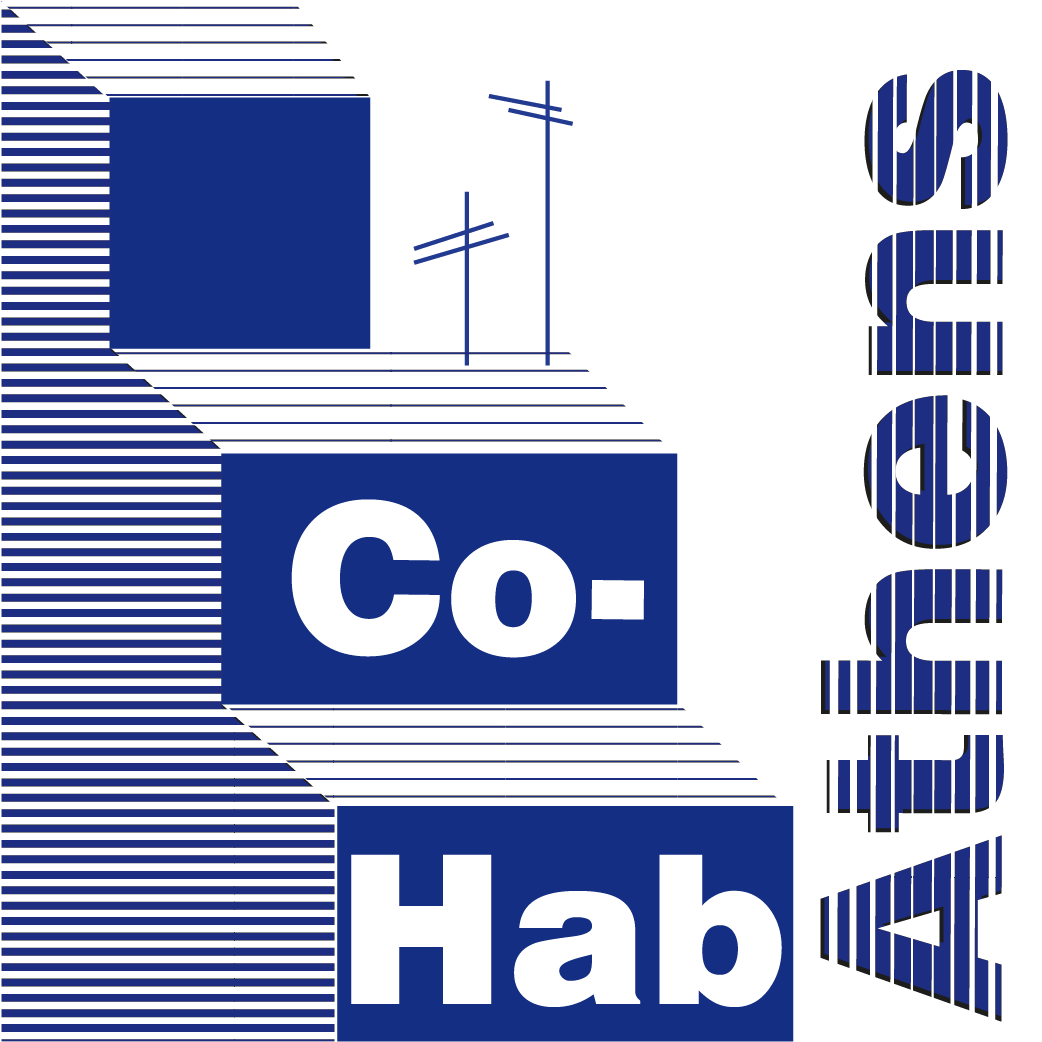
Co-Hab Athens is a research project which aims to elaborate long-term models of collective housing ownership, claiming the quality of housing as a right. Active

How can a complicated, abandoned parcel of land in a dense urban tissue gain new life through gardening and housing? Ferme du Rail is an

Poveglia per Tutti is an association whose aim is to reclaim Poveglia, one of the many islands scattered across the Venetian lagoon, and make it
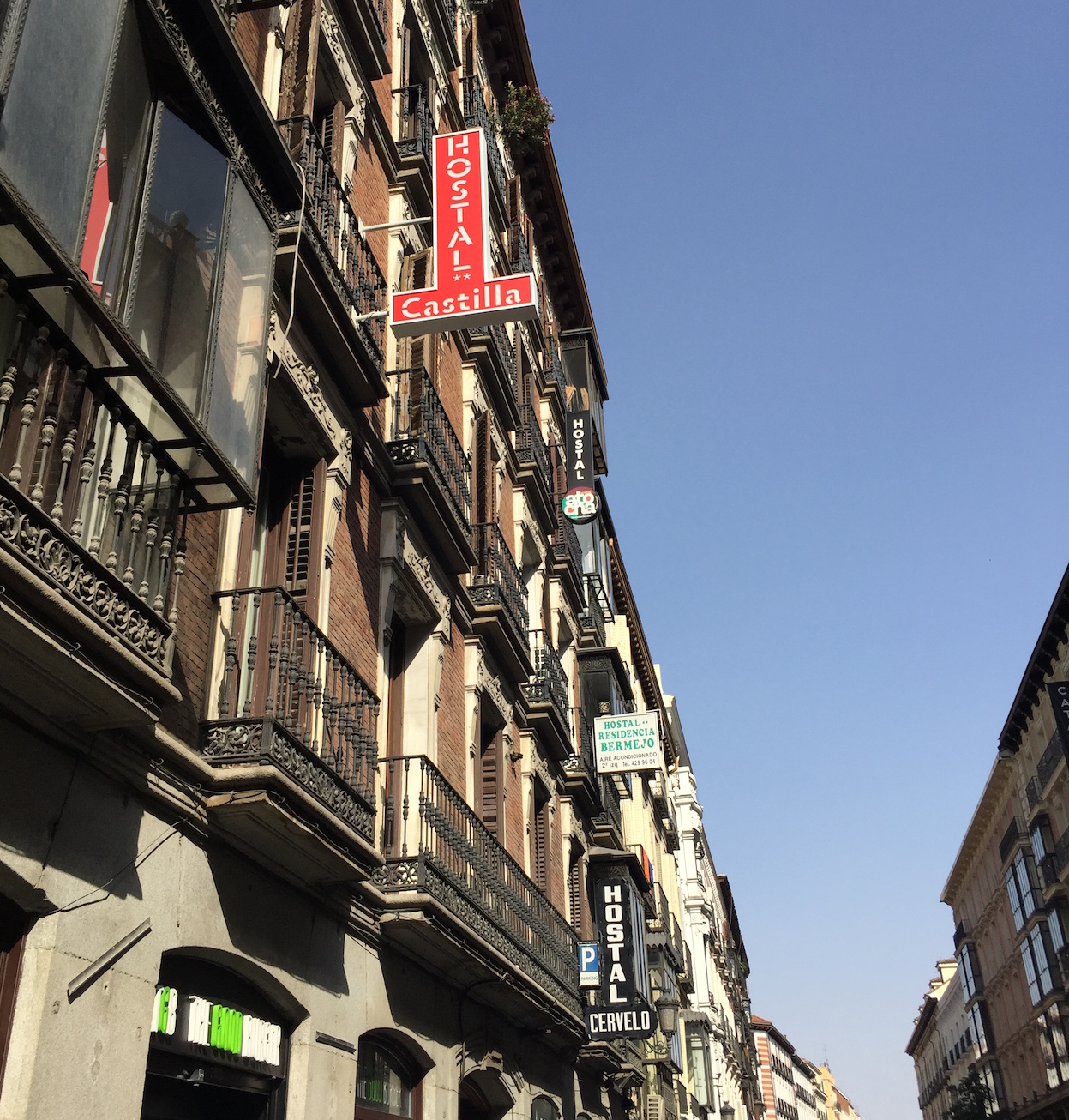
The extractive nature of mass tourism is made possible by tourist behaviour, missing regulations and lacking alternatives. There has been very little work done to
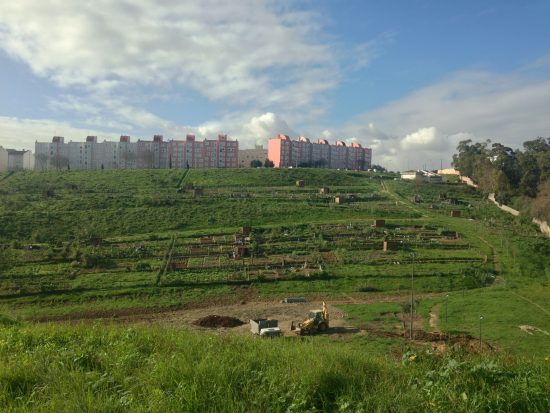
Based on the experience developed over the past ten years in Lisbon, the Bip/Zip program is currently at the basis of the URBACT Transfer Network

Polis is a platform developed by Martha Giannakopoulou and her studio, If- untitled, to enhances collaboration between architects and the Municipality of Athens. It aims
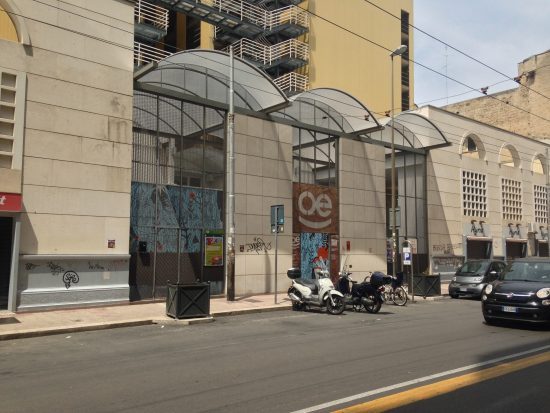
The City of Bari joined the Com.Unity.Lab Urbact network to be inspired by the Bip/Zip program to improve its local strategy. In this interview Vitandrea

Ecos is a cooperative of cooperatives which works to support the growth of single cooperatives and to promote inter-cooperatives projects in Barcelona. In this article,
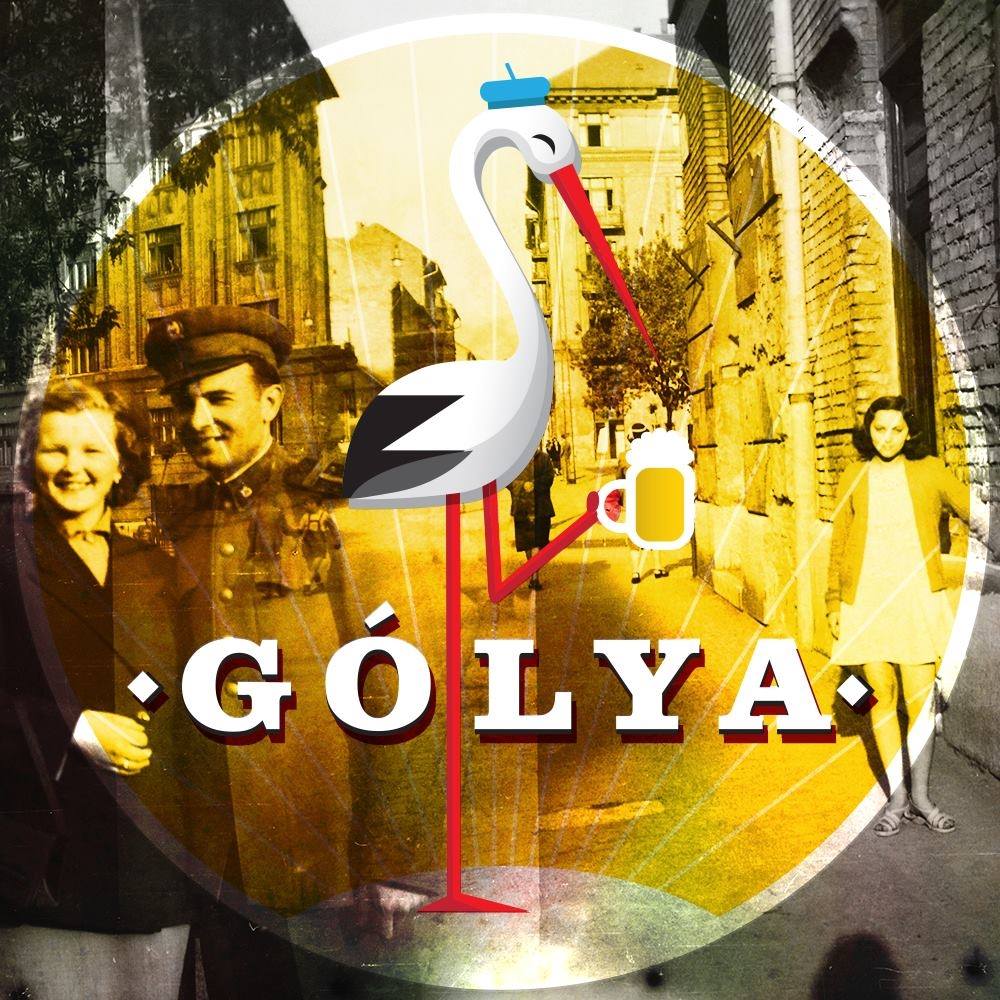
Gólya is a community house in Budapest. It has been working for six years on Bókay János utca in the 8th District, and currently it

Via Baltea is a multifunctional space initiated and run by Sumisura, a cooperative of architects and social workers who operate in the field of urban

A Város Mindenkié, in English The City is for All, was established in 2009 to advocate for housing rights in Hungary. Homeless people, those experiencing
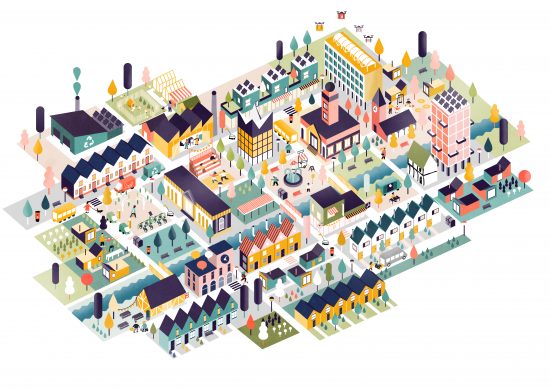
ShareTown is a fictional town populated by a cast of characters, which sets out to create a positive vision of what a preferred future for cities

Dynamo Velostation was opened in 2015 with the support of the Incredibol tender promoted by the Municipality of Bologna. Behind Parco della Montagnola, few hundred
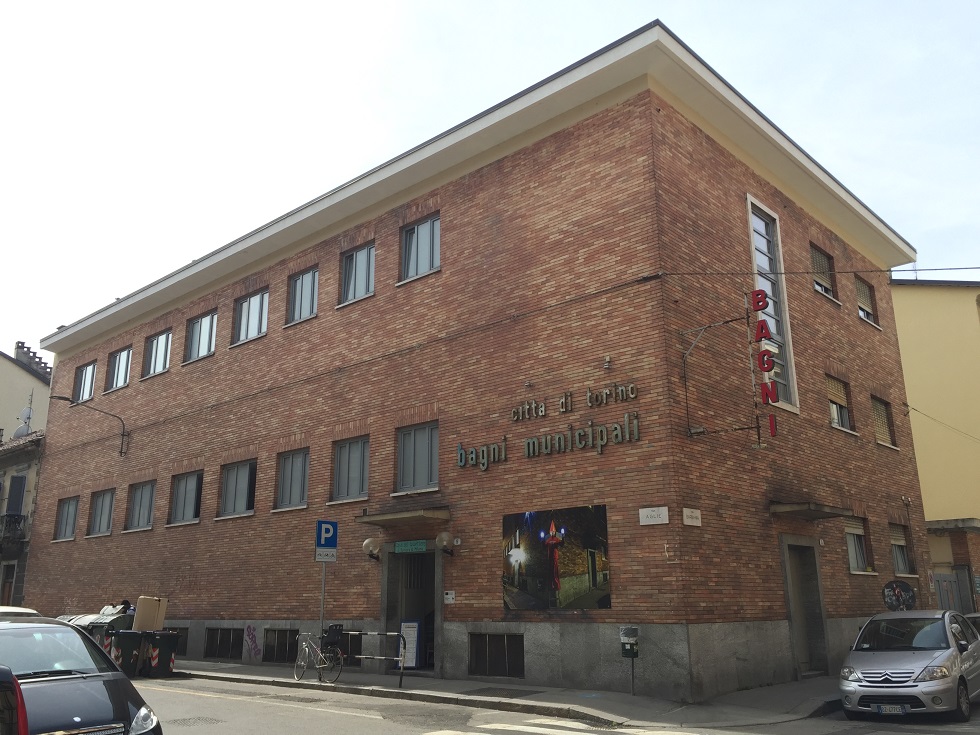
Bagni Pubblici di via Agliè 9 is a community space where more than 15 organizations, associations, traders, schools and institutions, work to improve the quality
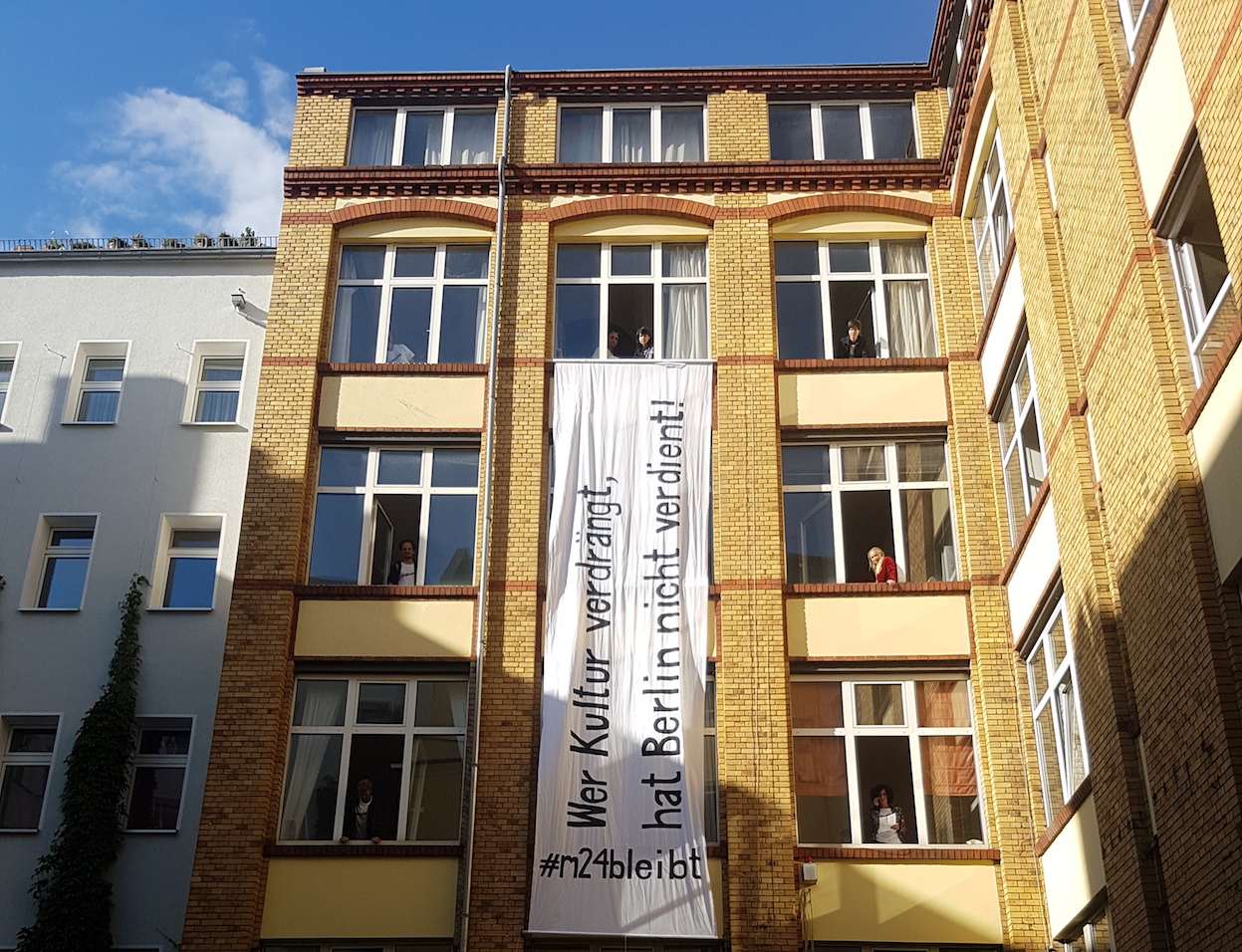
The role of the Studio Commissioner for Berlin exists since 1993. After the city’s reunification it became evident that affordable space for artists would become

In the early 2000s, La Marina de Valencia hosted editions the America’s Cup and the F1 Grand Prix Race. These events attracted investment and fueled

Das Packhaus is a project of Paradocks an international think- and do-tank for reuse of vacant buildings inVienna. Since 2014 Das Packhaus has been showing
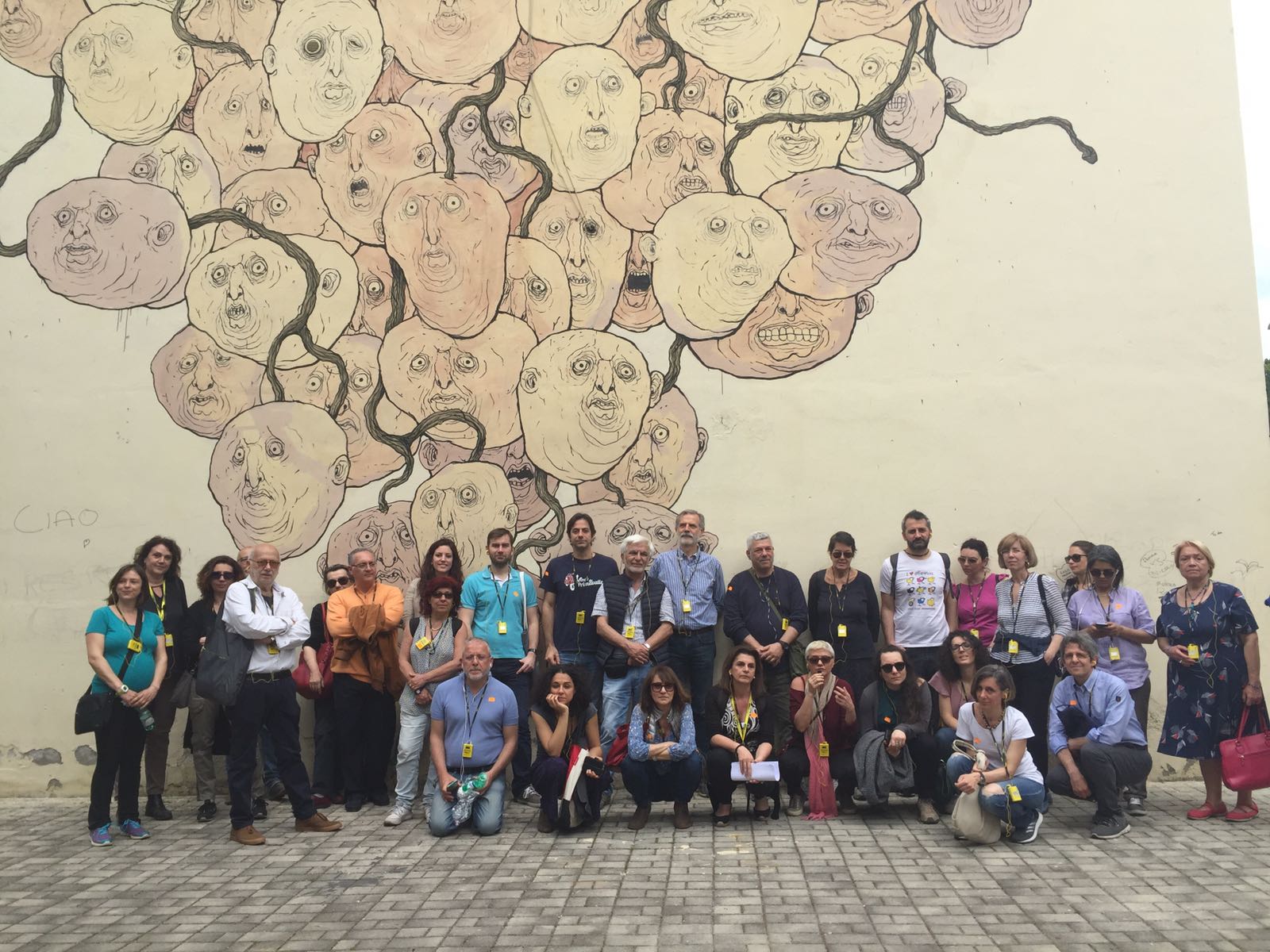
PER UN TERRITORIO CHE LAVORA Attrarre risorse per attivare il territorio Le politiche di sviluppo territoriale dal 1800 in poi in Europa sono state fortemente
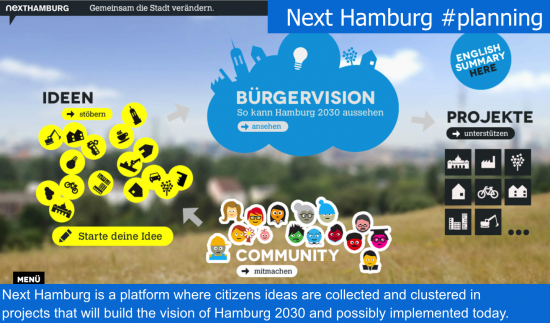
With today’s European cities hosting most of the continent’s population and urban areas being the stage for many of contemporary conflicts such as social inequality,
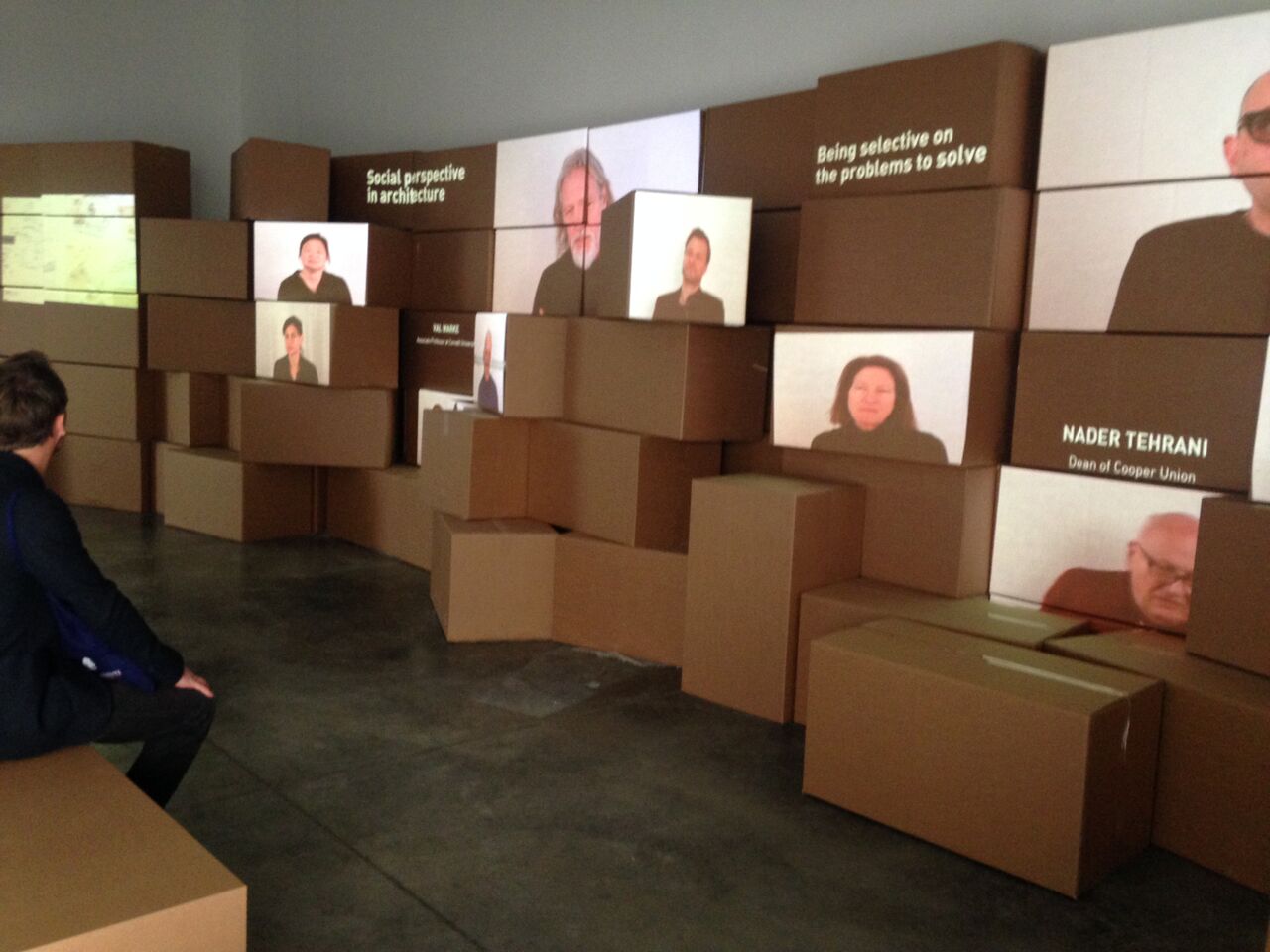
The US presidential election results came as a surprise to many of us especially because we hadn’t encountered any testament of sweeping support towards the

Recent newspaper articles highlighted the controversial position of large ICT companies in terms of taxation, data management, political leverage and spreading of fake news. With
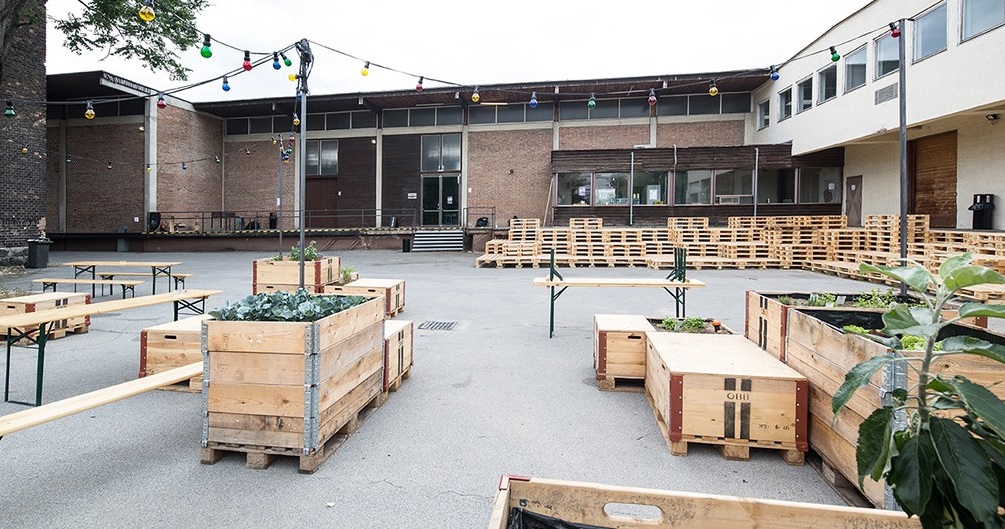
A former warehouse has become a living lab where the spatial and economical needs of small entrepreneurs are studied in order to promote mixed-use spaces
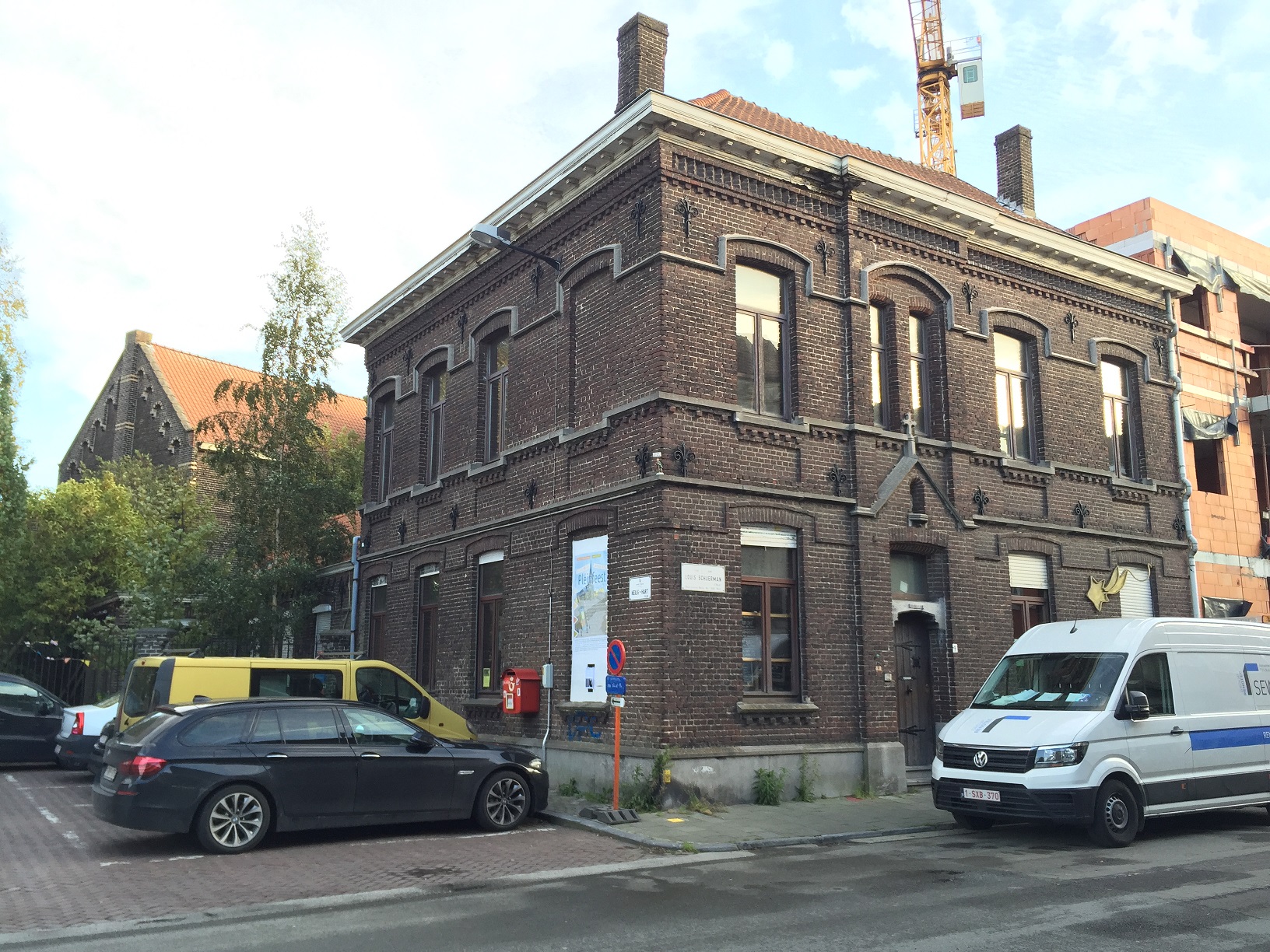
De Pastory was created in 2015 in an old presbytery building and the garden on Ghent’s Heilig Hartplein. Born from a movement of local residents
Data Privacy Policy Our website may be used without entering personal information. Different rules may apply to certain services on our site, however, and are
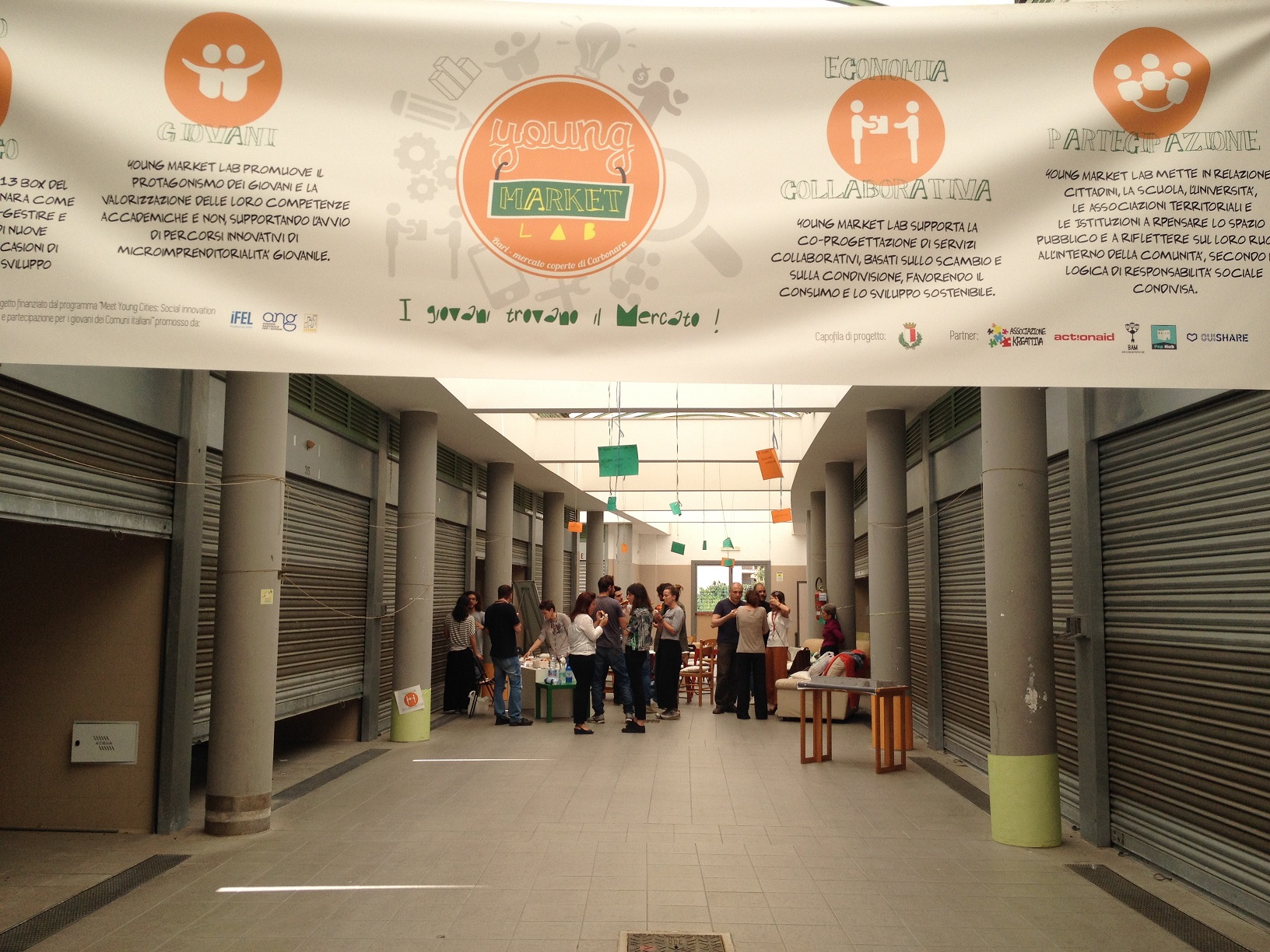
Il Young Market Lab ha riattivato gli spazi inutilizzati del mercato coperto di Carbonara di Bari tramite il coinvolgimento di giovani che hanno avviato le

Il Mercato Lorenteggio si insedia nel quartiere Giambellino-Lorenteggio nella periferia sud-ovest di Milano. L’esperienza nasce per accompagnare e valorizzare le risorse sociali e culturali di
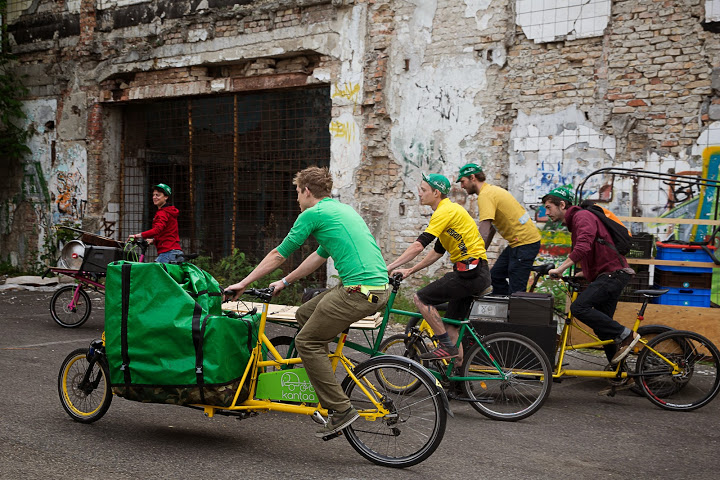
In Budapest, a group of enthusiastic and passionate young people came together to mix their own ingredients, in the form of independent initiatives: an organic
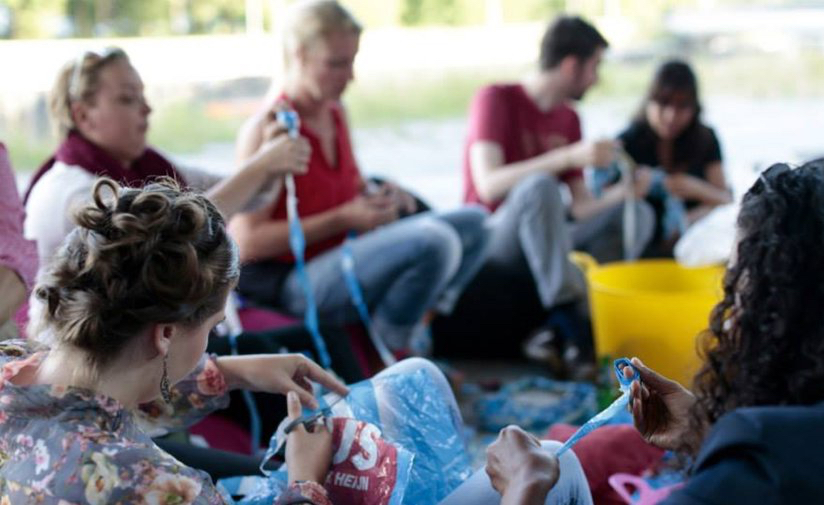
Based in Amsterdam since 2008, CITIES Foundation has been working to address global urban development problems by implementing solutions at the local level. CITIES first research
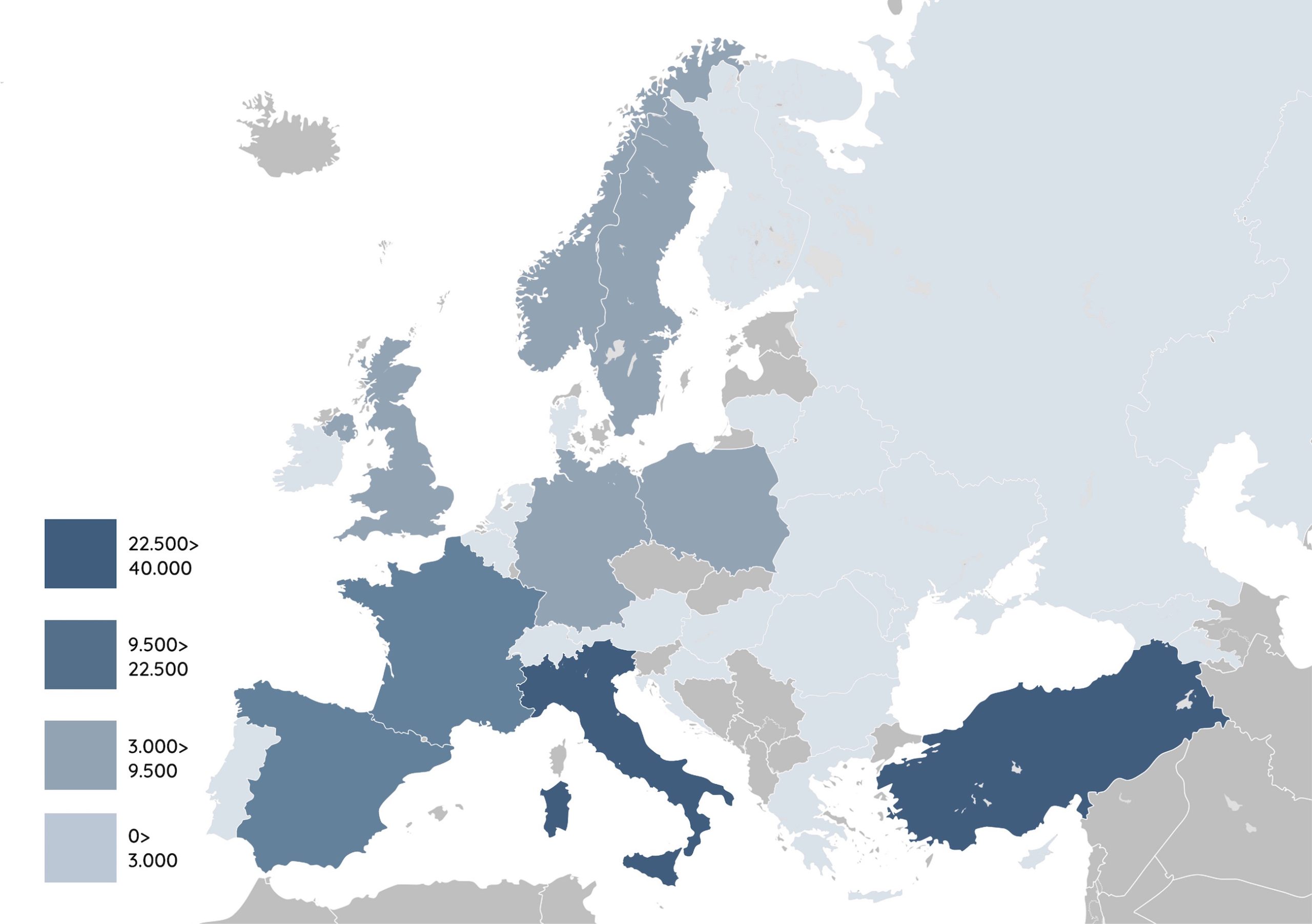
While decisions taken in Bruxelles are increasingly recognised as affecting our daily lives, little if any discussion is taking place on what our impact on
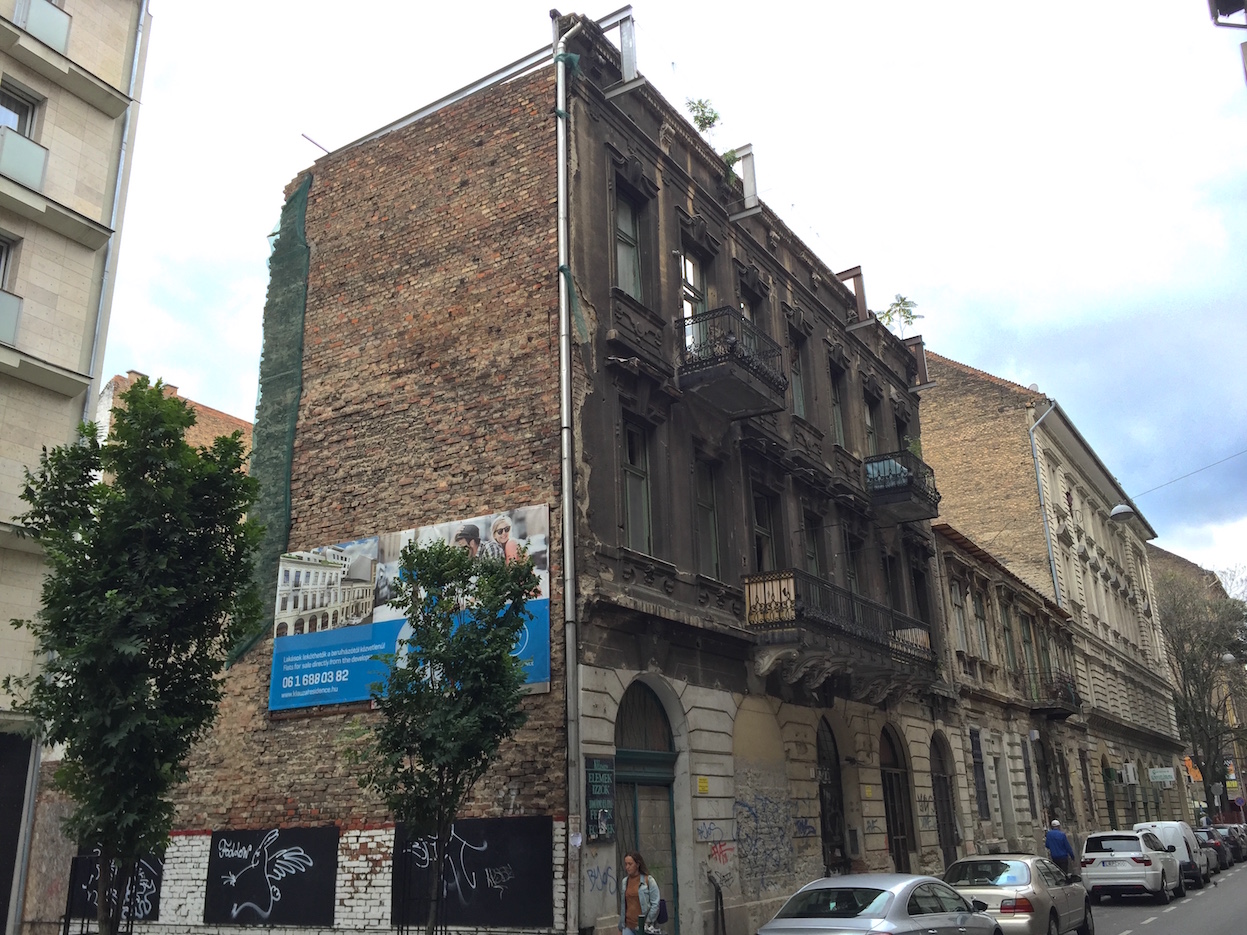
In the early 2000s, some cities in the Central Eastern European region began to introduce new mechanisms for citizen participation in urban development. These attempts
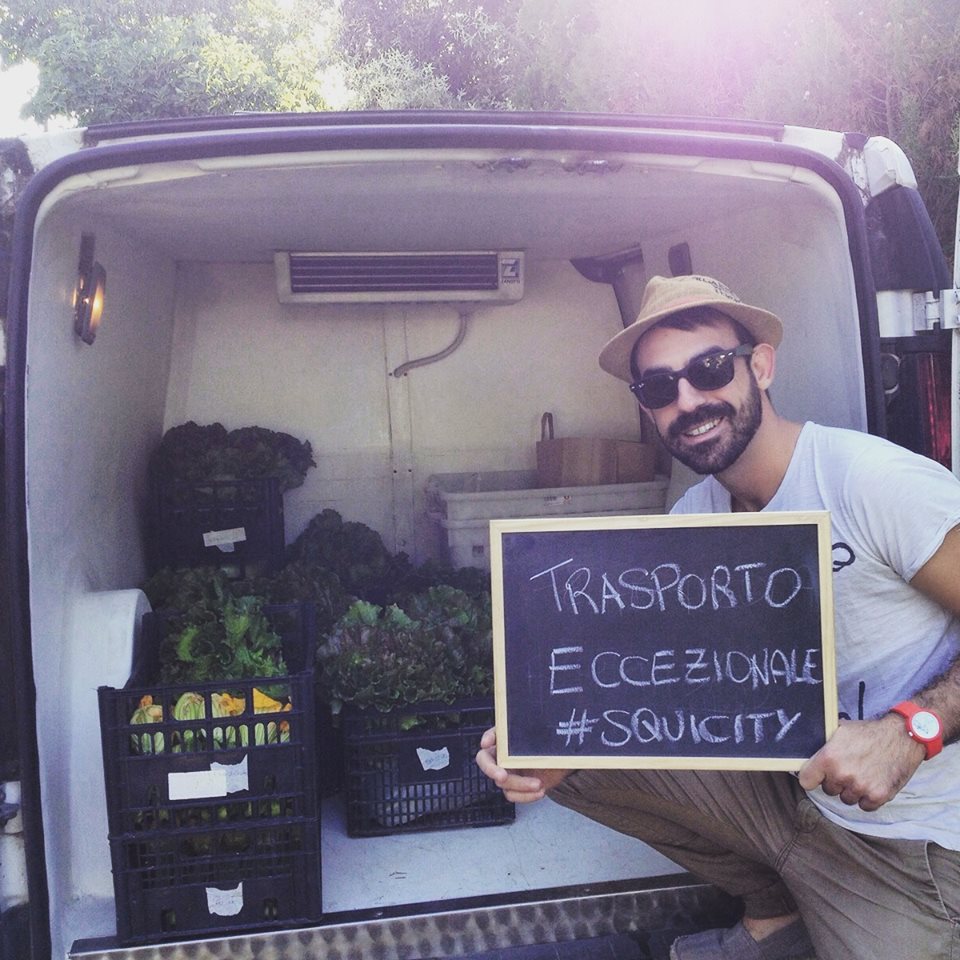
Con la crescita del fenomeno dell’e-commerce, sempre più persone scelgono di acquistare ogni tipo di prodotto su internet. Squicity utilizza la piattaforma virtuale per fornire

Szatyorbolt has been operating an association and a food shop within a Community Supported Agriculture (CSA) scheme for the past 9 years. The shop’s aim
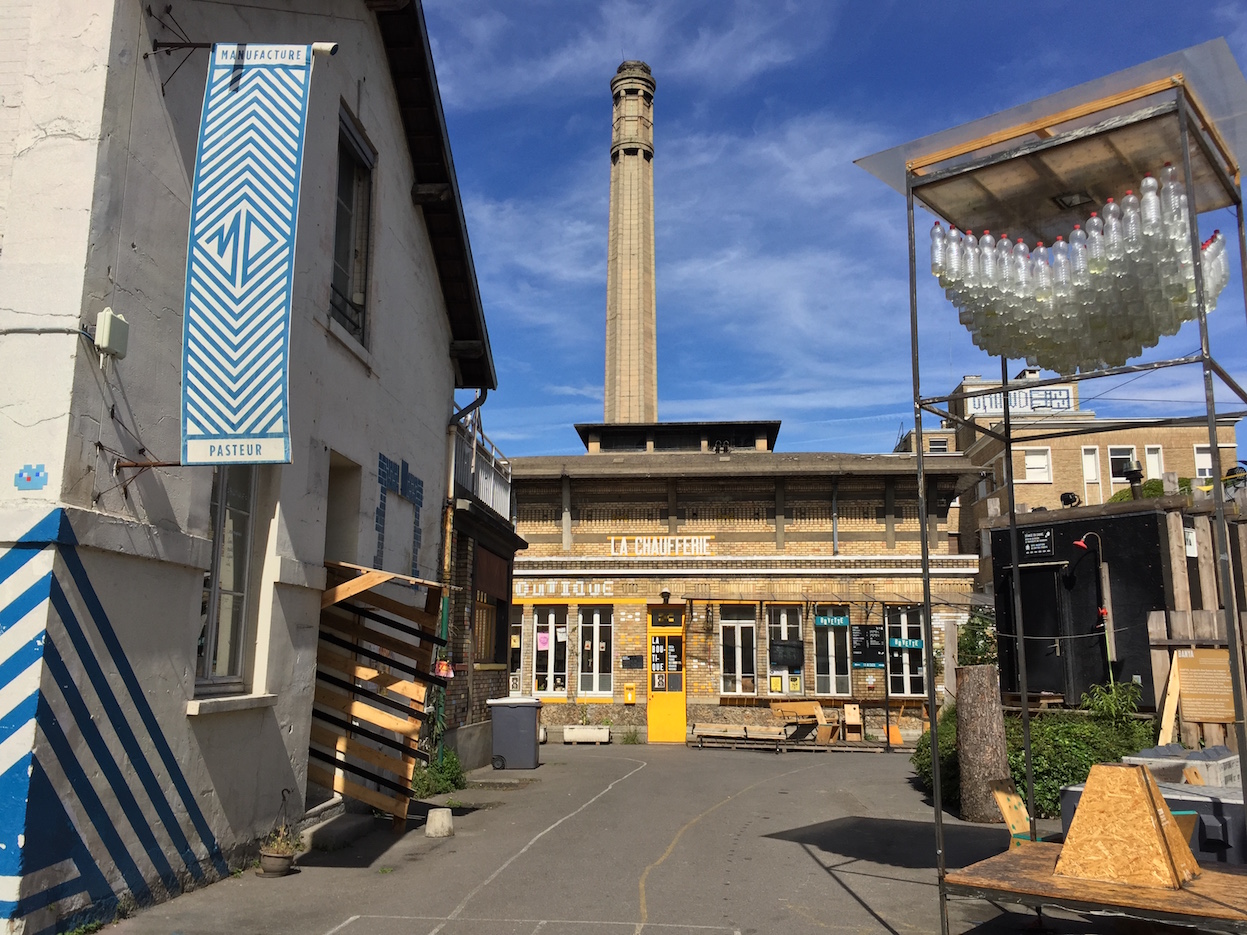
Plateau Urbain is a temporary use organisation in Paris. Established in 2013, it examines the possibilities of vacant spaces in the city, bringing together property
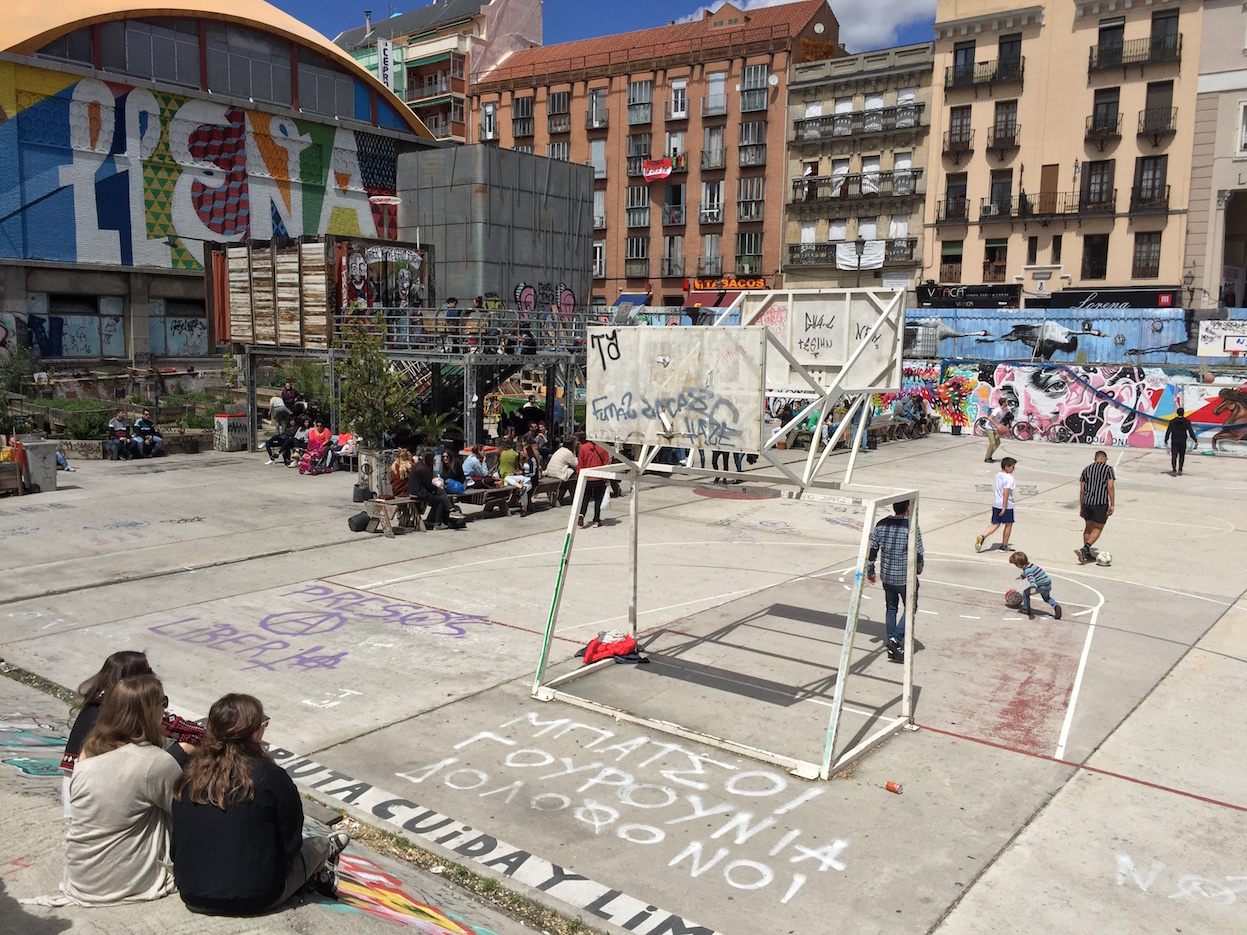
Southern European countries were among the hardest hit by the 2008 economic crisis. In response to the economic pressure, declining public services and drastic unemployment
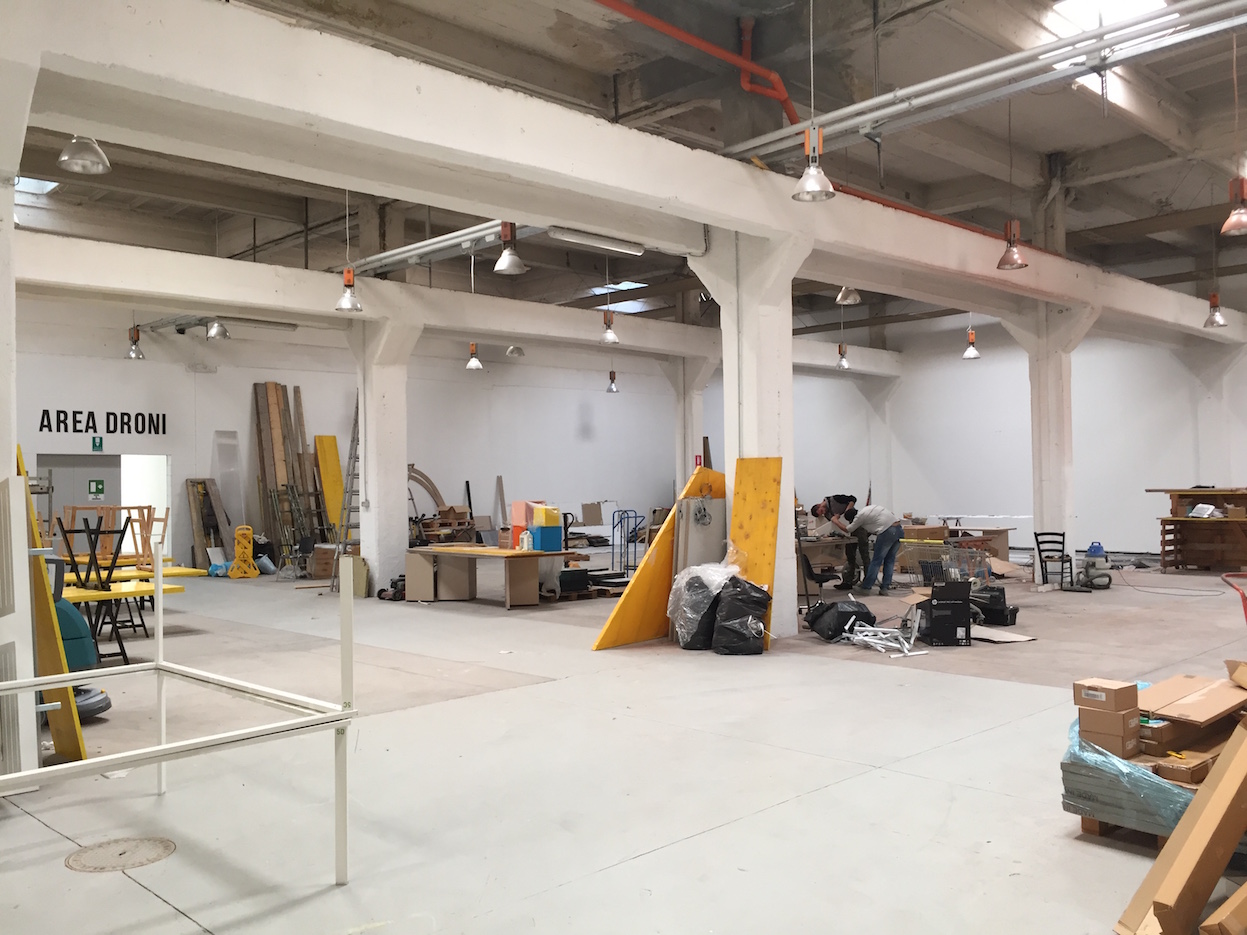
Toolbox was established in 2010 in an industrial zone of Turin. In the city’s postindustrial search for new identity and new jobs, Toolbox emerged as
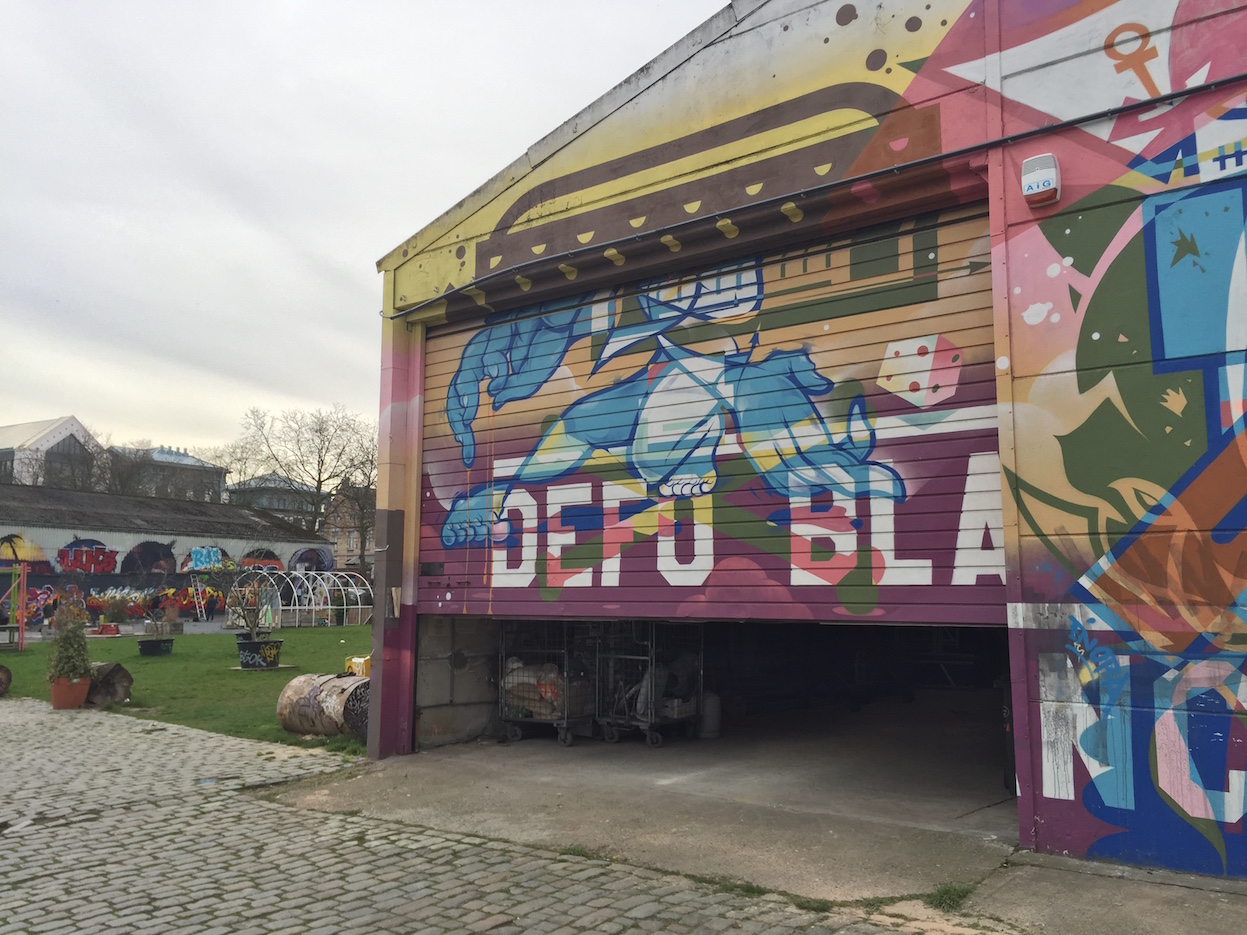
Toestand is a temporary use organisation in Brussels, helping citizen activities and community groups access spaces at an affordable rent or for free. While the
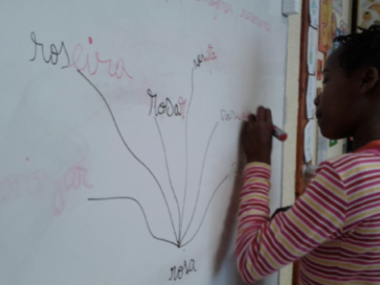
The last decade has seen a significant change in the nature and pattern of migration flows within the EU. As a result one can observe
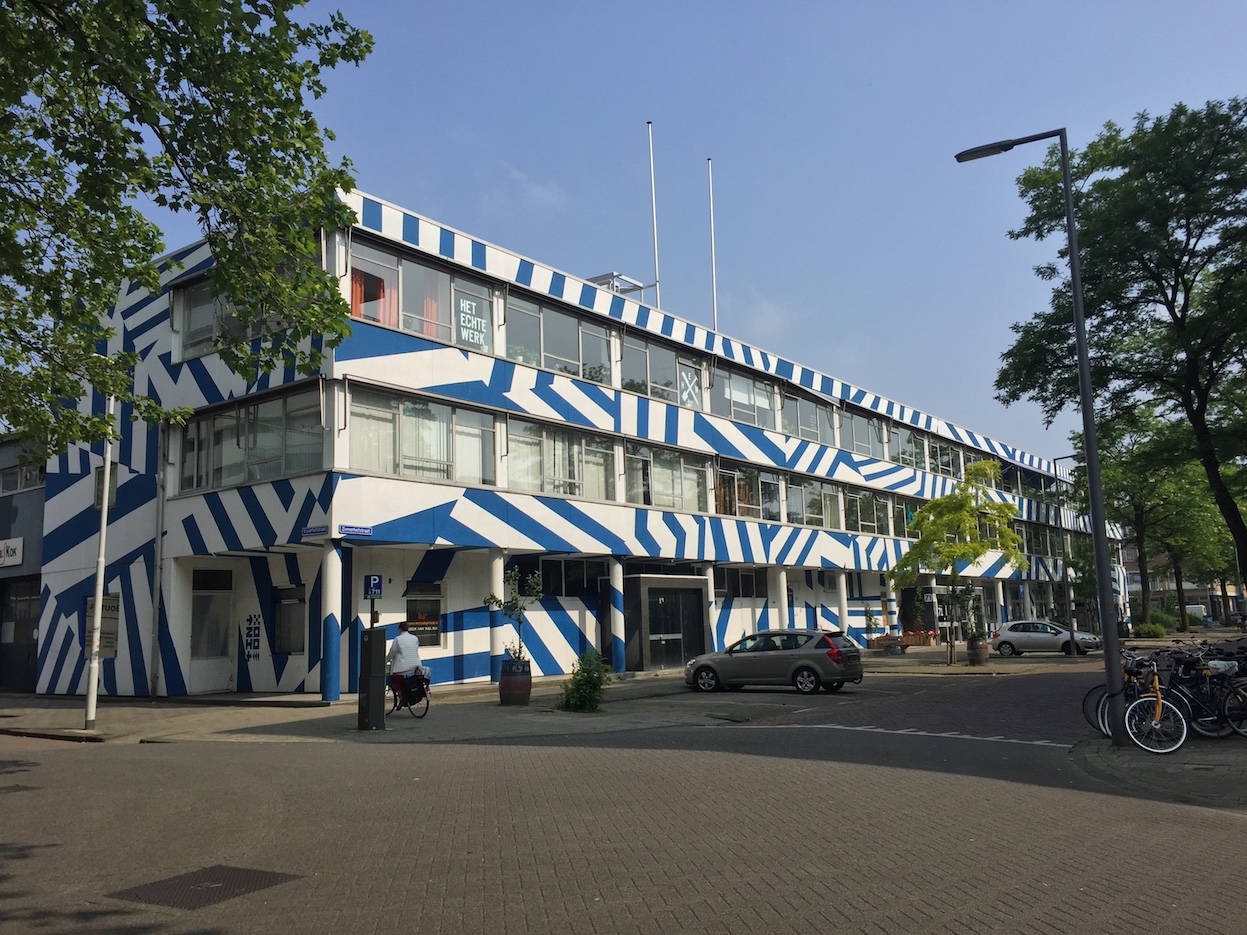
ZOHO or the Zomerhofkwartier near Rotterdam’s Central Station has witnessed a significant revival in the past years. The area is composed of office buildings constructed

Paralelní Polis is a community space organised around the notions of bitcoin and blockchain technology. Located in Prague’s upcoming Holesovice neighbourhood, it opened its doors

Responses to the economic crisis of 2007-2008, and ambitions to create autonomous systems of exchange generated hundreds of complementary currencies in the past decade. Created
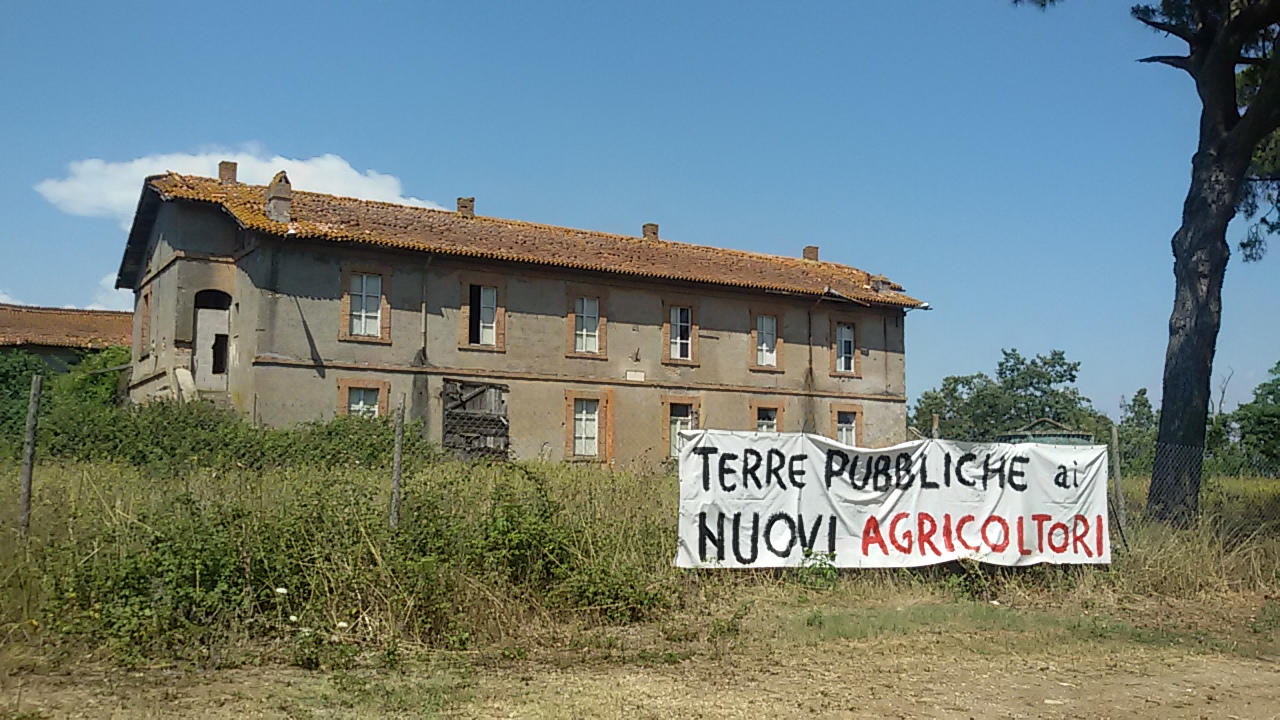
A due passi dalla Trionfale si estende la tenuta agricola di Borghetto San Carlo. Un angolo di campagna a Roma Nord, Borghetto San Carlo racchiude
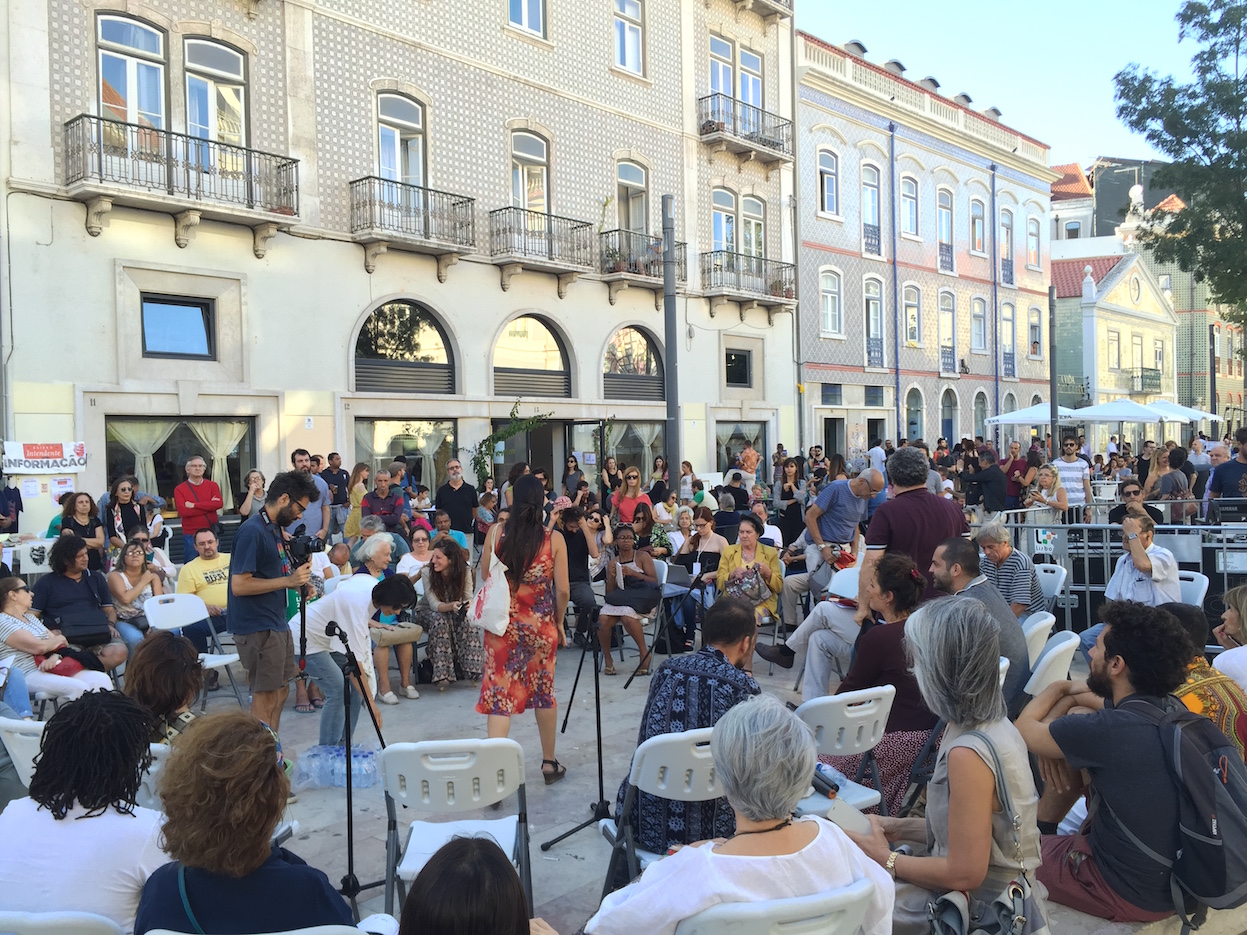
Civic initiatives regenerating urban areas emerged all over Europe as an answer to the crisis of traditional urban policies. Often they share a conflicting attitude
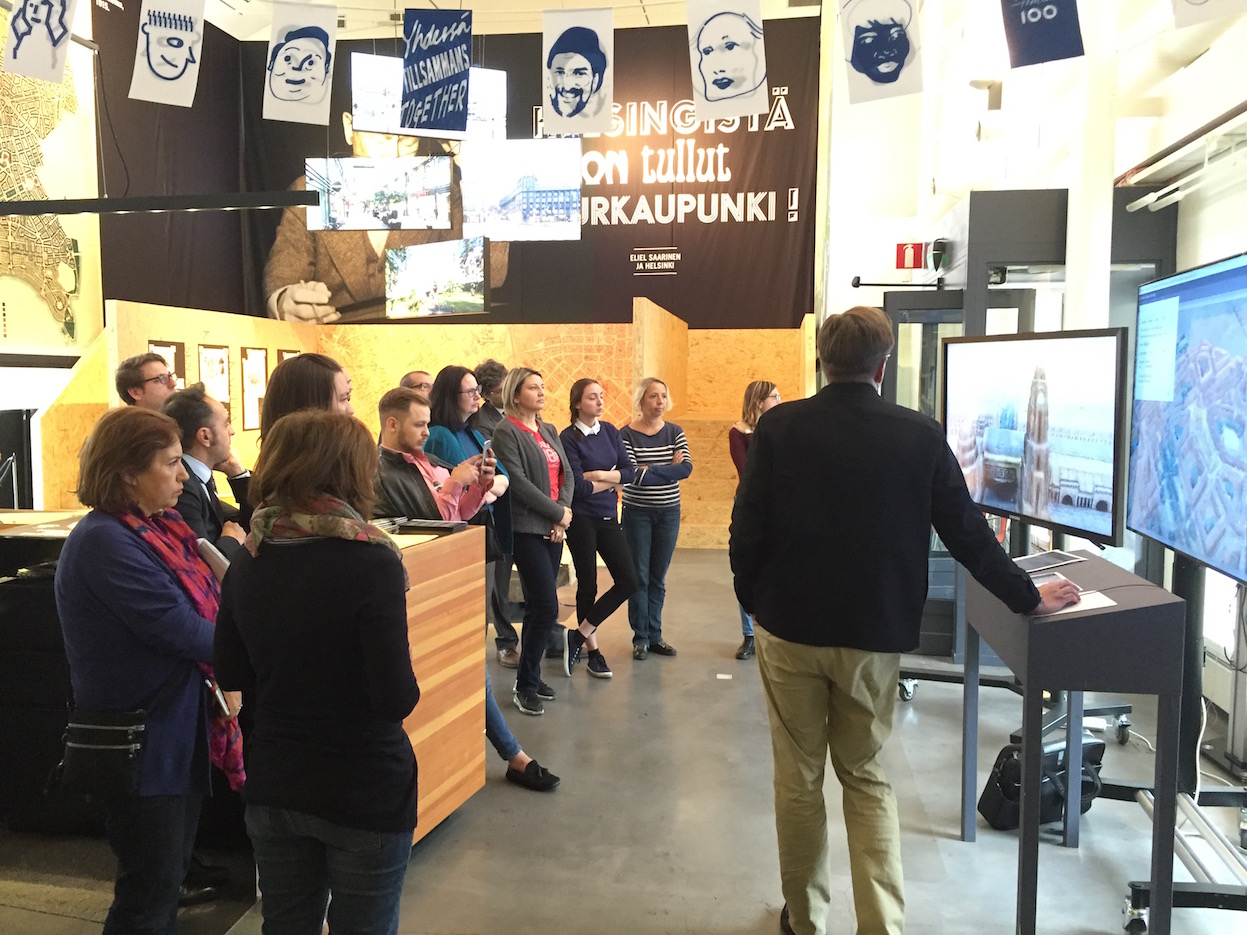
Laituri is an urban information centre in Helsinki established in 2008. Attached to the Helsinki Municipality’s city planning department, Laituri helps disseminating information about the

The international debate on the commons has a long history but only in recent years has it started gearing towards the definition of Urban Commons

Per ridurre la povertà nei quartieri svantaggiati delle nostre città molto può anche essere fatto anche senza una forte cooperazione del governo nazionale. In questo
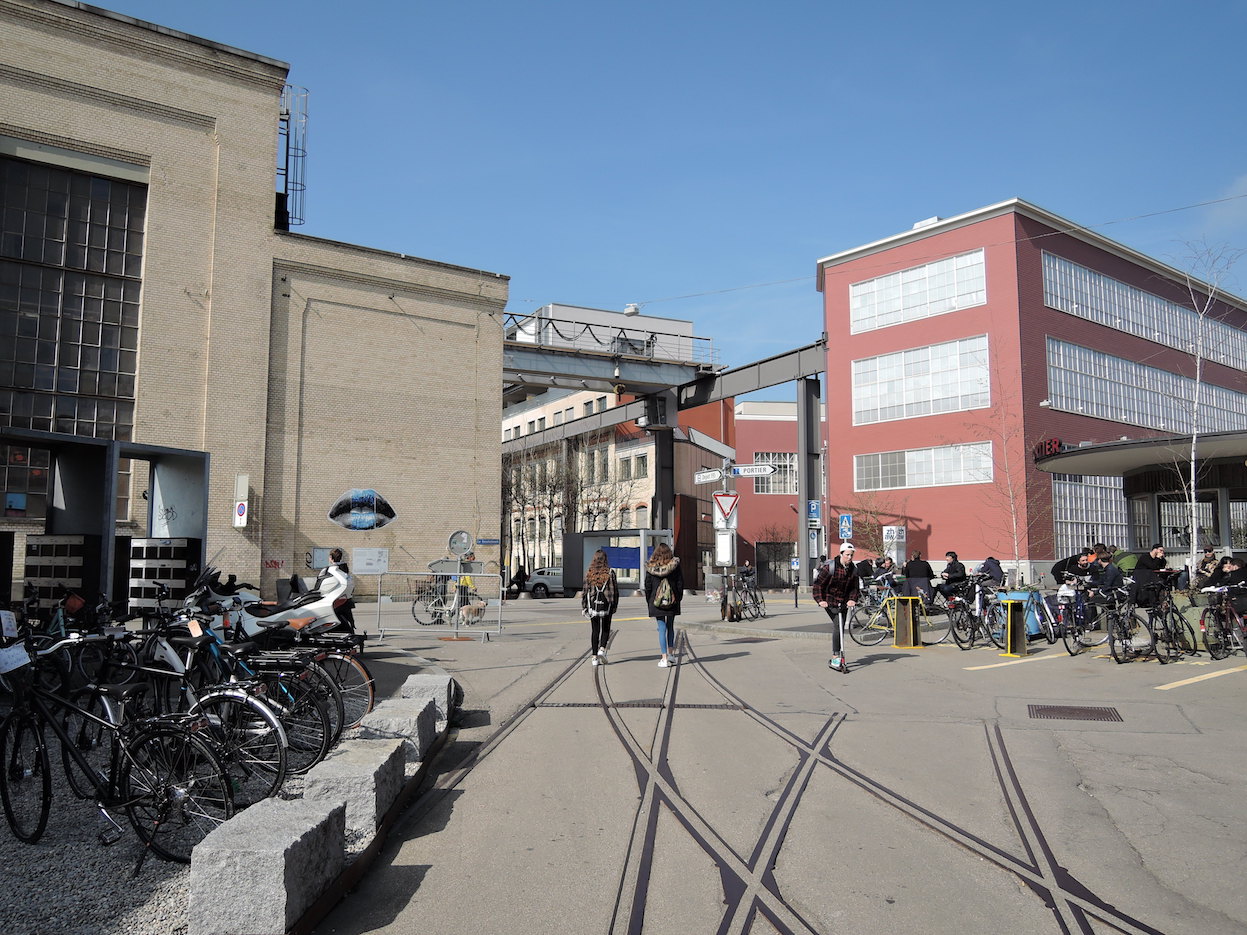
While affordable space for housing and community activities in Europe has traditionally been provided by states, public companies and private corporations, the transformation of the

Stad in de Maak is an association set up to take on the redevelopment of vacant properties in Central Rotterdam, together with the local community.
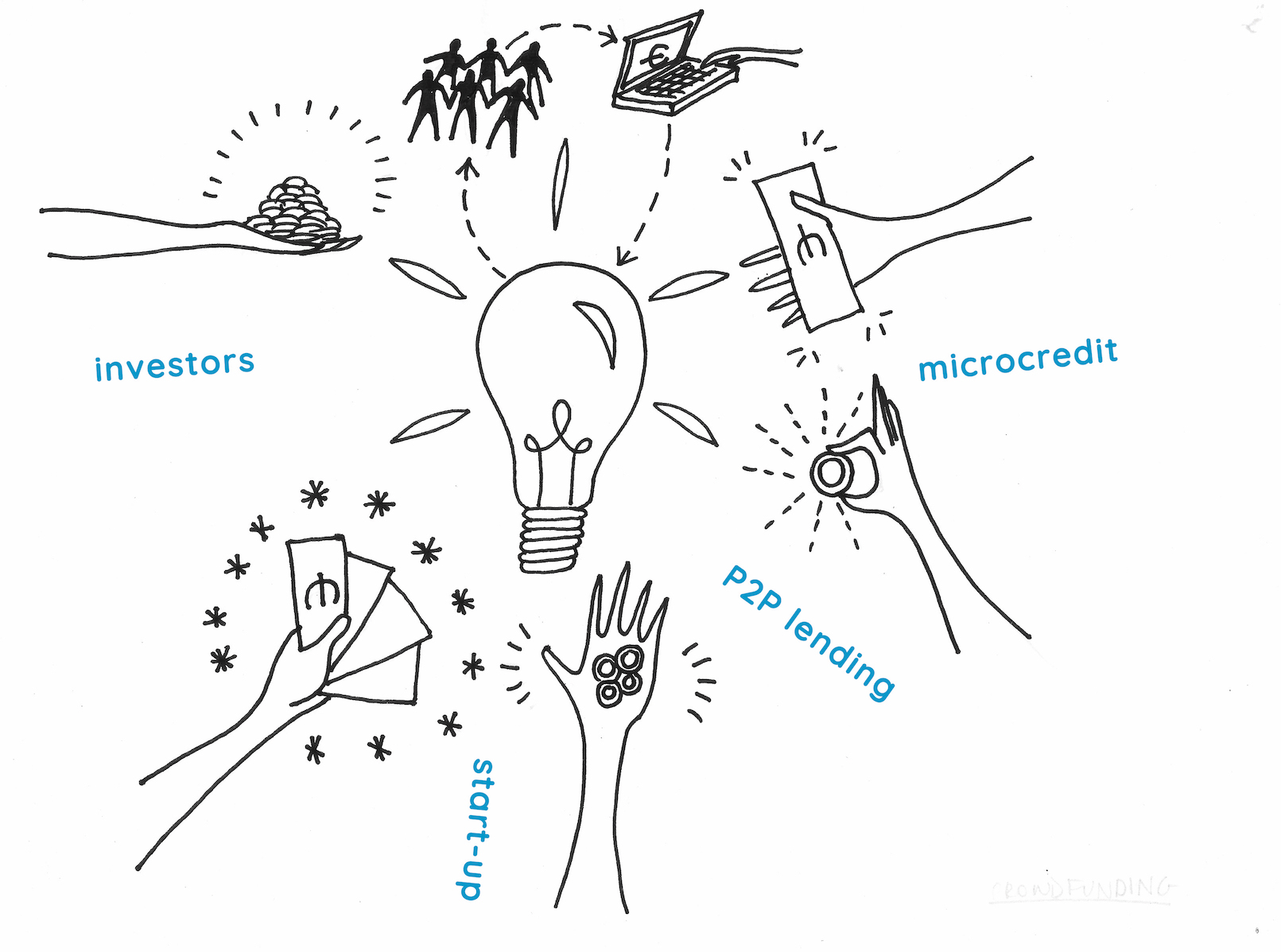
In the past years, civic crowdfunding has become an increasingly used tool by communities to help finance their urban infrastructure projects. However, while some legal

The Community Land Trust Bruxelles was created in 2012 as an initiative of residents, activists and neighbourhood organisations. The CLT was founded as a reaction
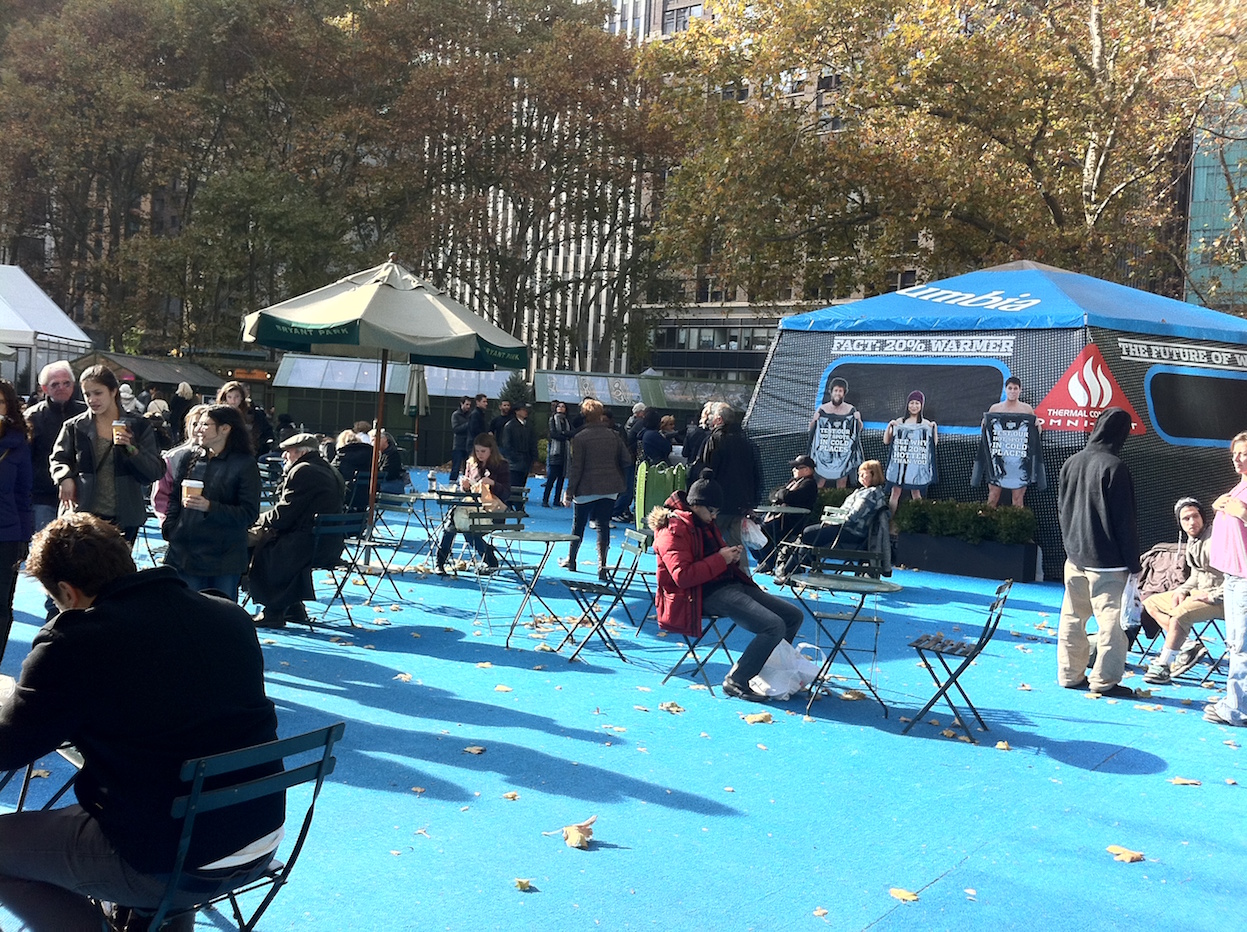
In the winter of 2007, exactly nine years before Donald Trump became president of the USA, I was a regular visitor to Trump Tower. Not
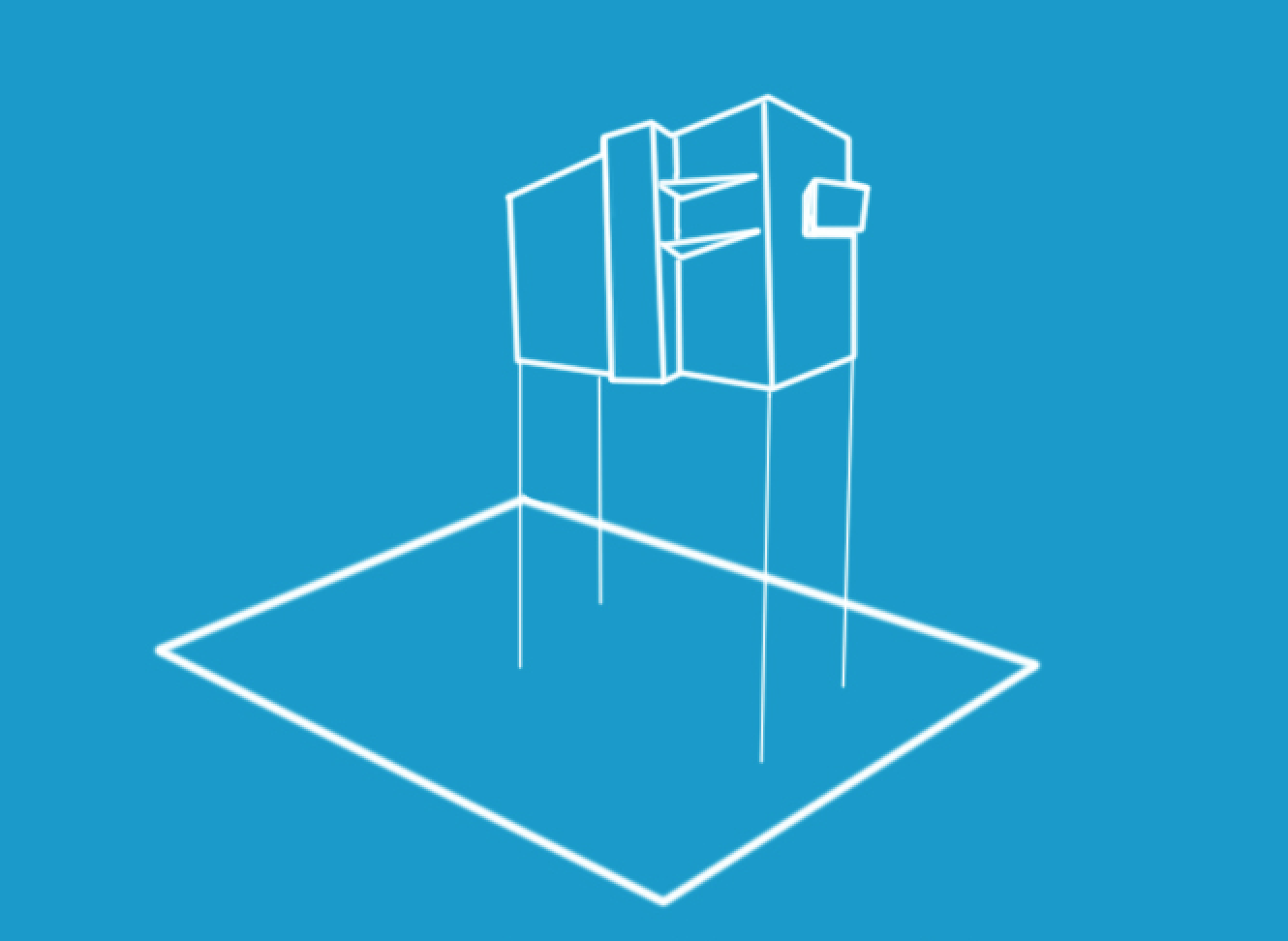
In the last decades, ownership has become a key factor of our societies and economies. As Thomas Piketty demonstrated in his recent book Capital in
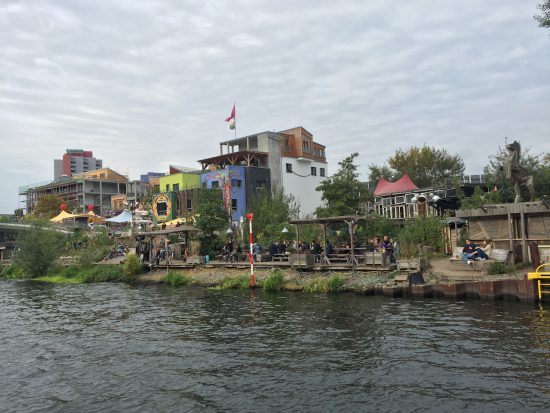
To a large extent, the global financial crisis of 2007-2008 was a result of excessive real estate speculation and the irresponsible management of investments and
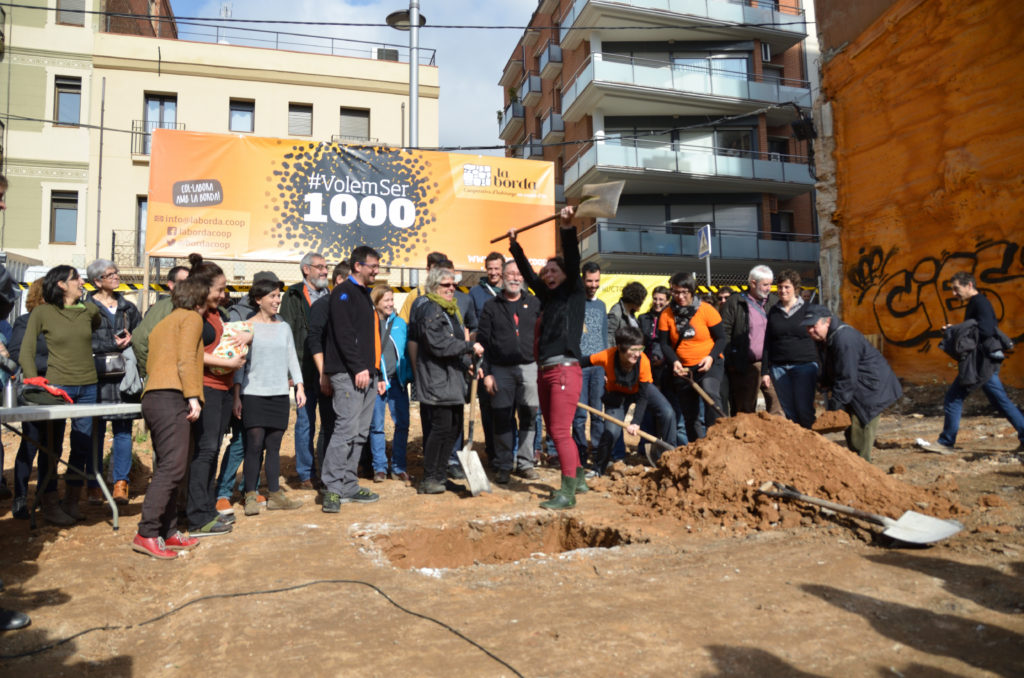
Coop57 is a cooperative for ethical financial services with the objective of financing projects in the social and solidarity economy. It was created in Barcelona
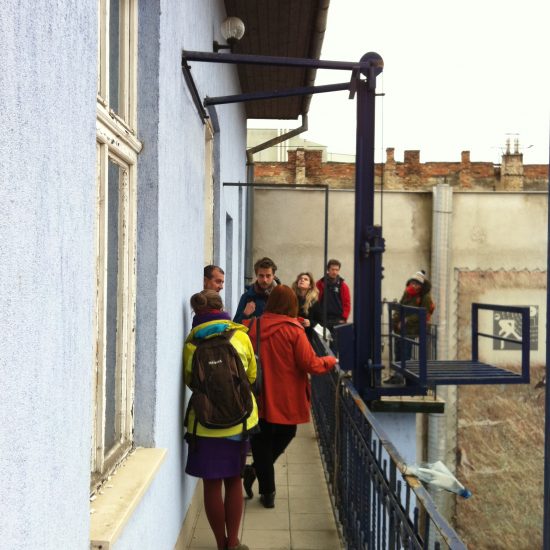
In 2011 a dozen young people retreated for a weekend to one of the suburbs of Hungary’s capital to discuss the alternatives of individual home-ownership,
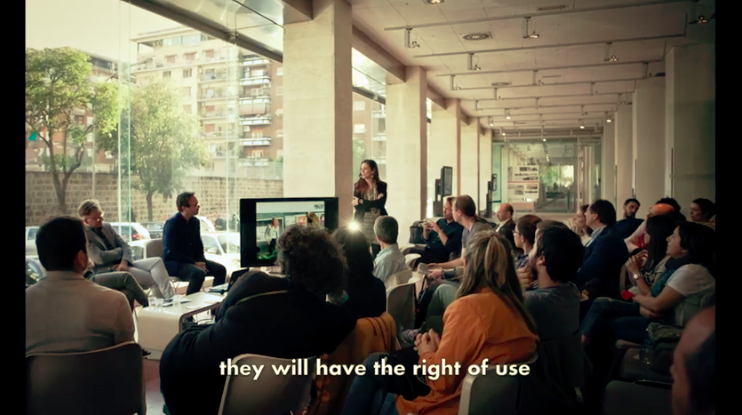
SANNAS is a group of enterprises in Madrid, working in a shared space on projects with social, environmental and economic dimensions. One of the projects of SANNAS is the co-housing project Entrepatios where SATT Architects takes care of the architectural part whilst Logica Eco of the management of the stakeholders.
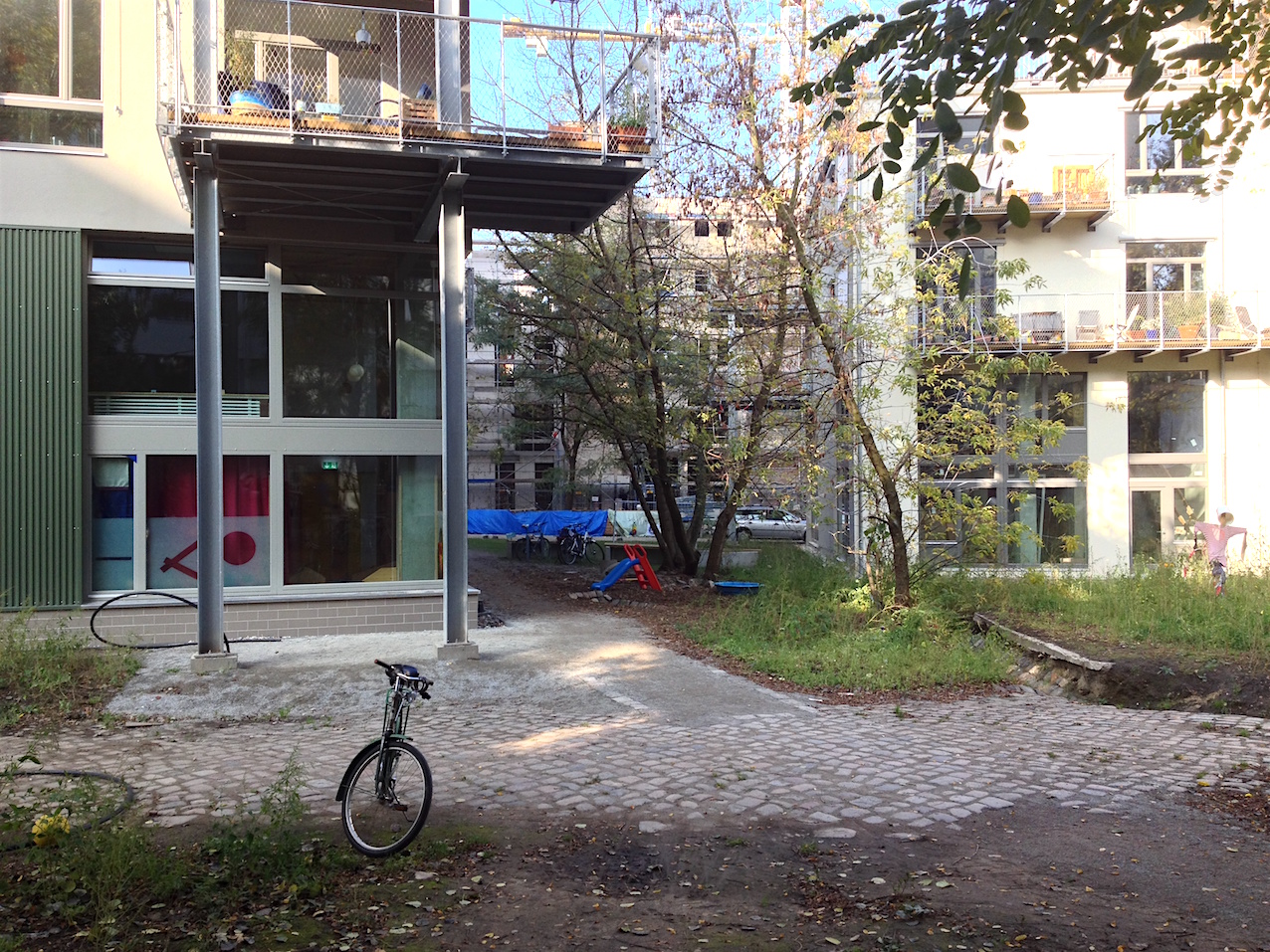
During the past few decades, housing has been at the forefront of community-led initiatives to guarantee the right to an affordable city. As a consequence,
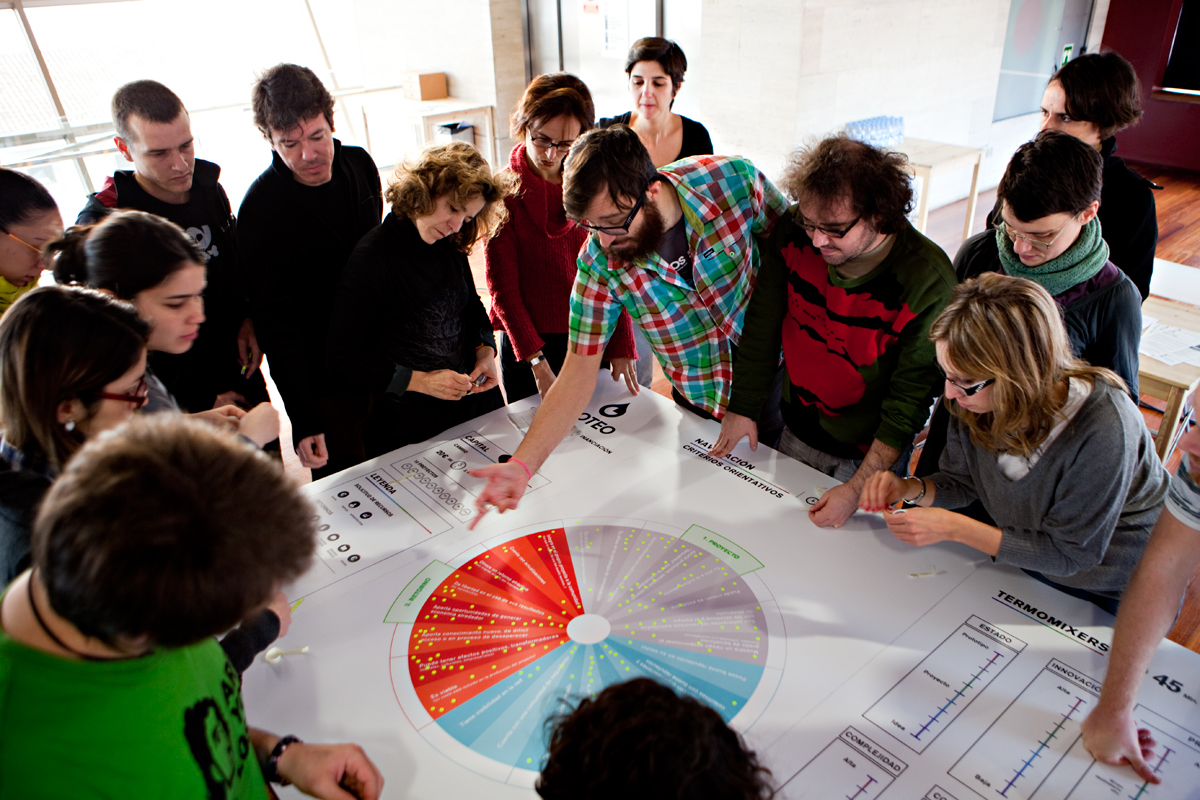
Goteo is a platform for civic crowdfunding founded by Platoniq, a Catalan association of culture producers and software developers. Goteo helps citizen initiatives as well

Vivero de Iniciativas Ciudadanas is a platform to support citizen projects in Madrid. Initiated by the architecture office Estudio SIC, the platform maps and brings

Művelődési Szint (MÜSZI Art & Community Centre) is a cultural space operating on the 3rd floor of a socialist-style department store. Besides hosting events ranging
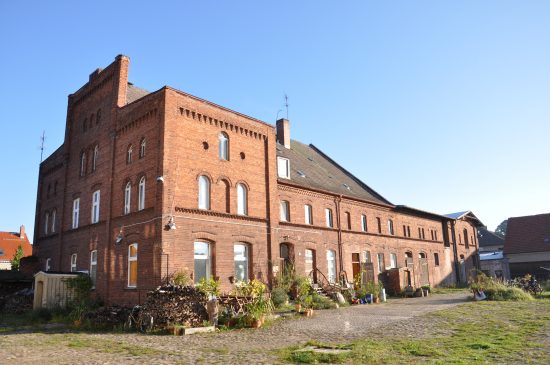
Stiftung trias was established in 2002, to help community groups and co-housing projects access financing. Trias takes land off the market by separating the ownership
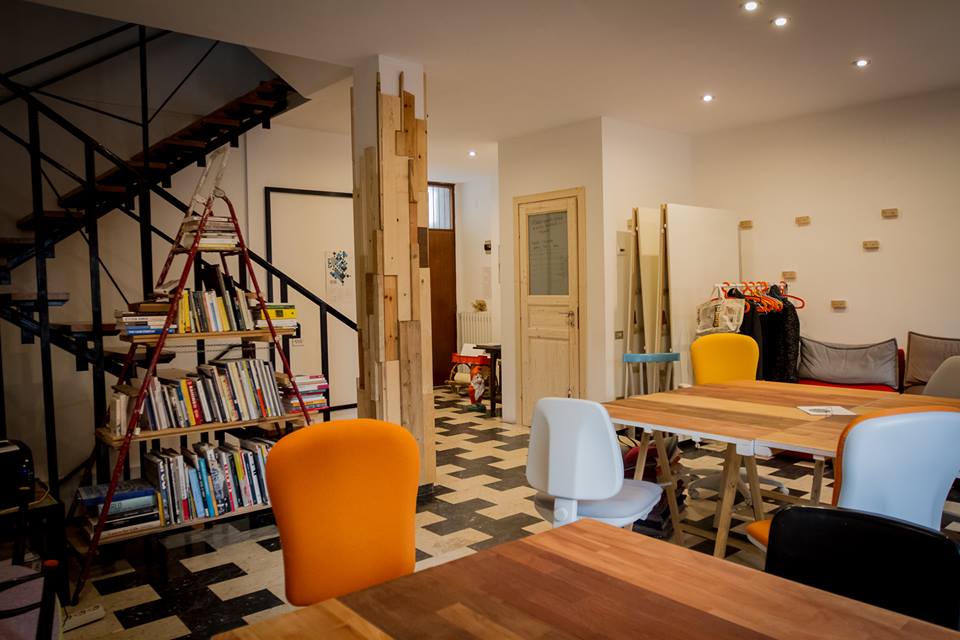
Located in a building of 220 m2 in Matera, Casa Netural includes a co-working space, a playroom, a kitchen, meeting rooms, relaxing rooms and bedrooms.
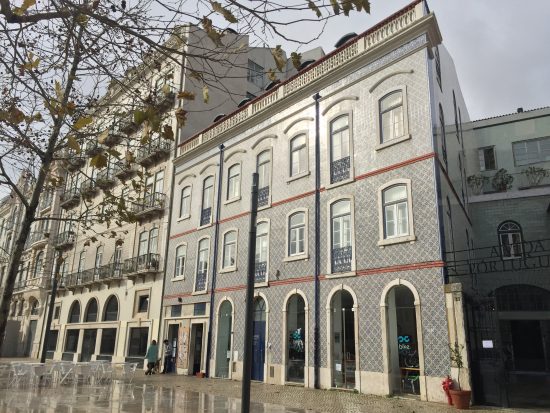
Largo Residências is a hostel, hotel, artist-in-residence and café in Lisbon’s fast-changing Intendente neighbourhood. Largo, run by a cooperative, aims at connecting the area’s past
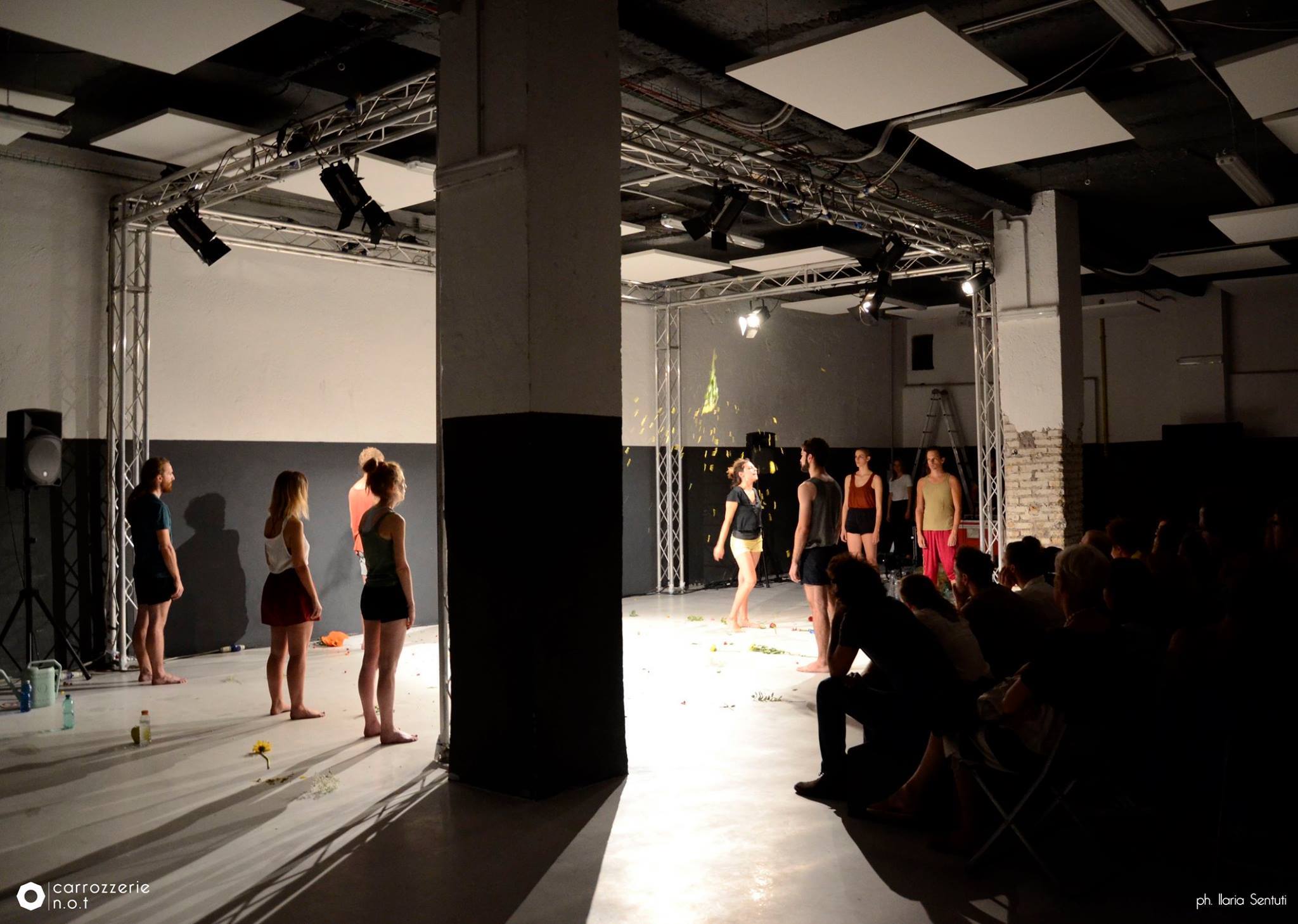
Carrozzerie_n.o.t is an ex-car repair workshop in Rome that has been transformed into an independent cultural and performing arts centre focusing on theatre and dance.
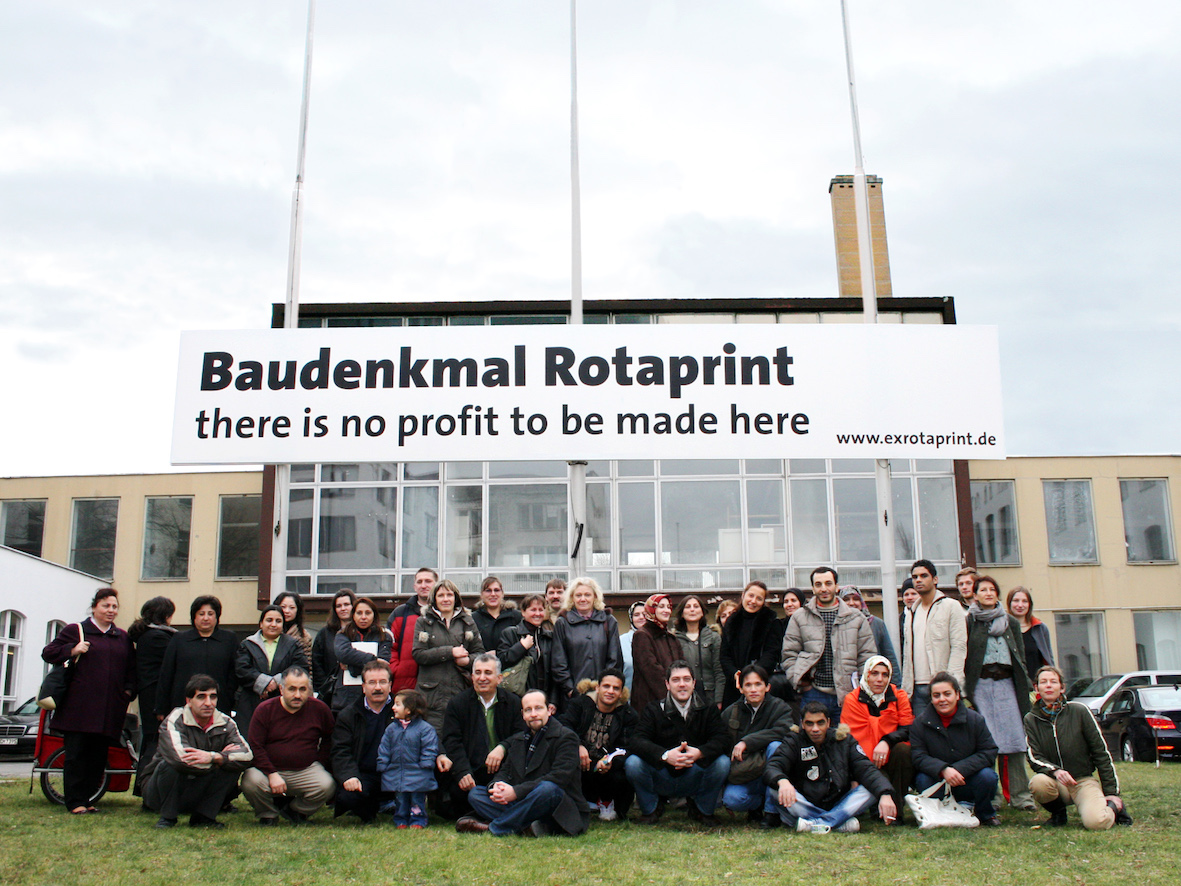
“If you have space, you should do something directly for the people who make up the area.” ExRotaprint was founded in 2007 by tenants of

De Besturing was founded in 2006 in an industrial area of The Hague and over the years it has been transformed from a temporary studio
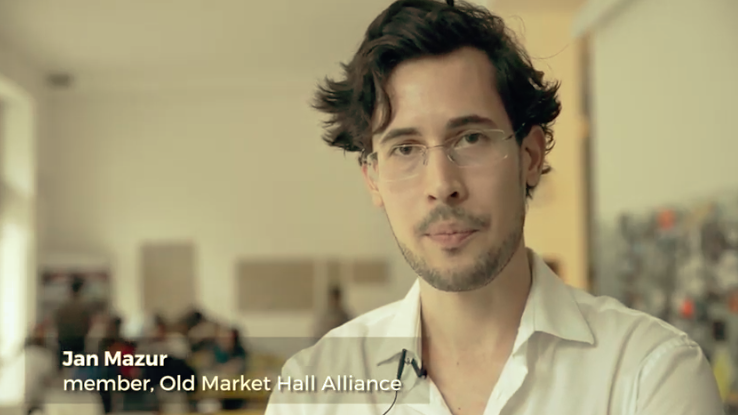
Alianca Stará Tržnica is an NGO managing the Old Market Hall, a historic building in the centre of Bratislava, combining a food market with cultural, as well as two cafés, a grocery shop, a cooking school and a soda water manufacturer. Rethinking the opportunities of the Old Market Hall allows the organisation to run the building in an economically sustainable way, while gradually renovating it, creating a new event venue and meeting space in the heart of the city.
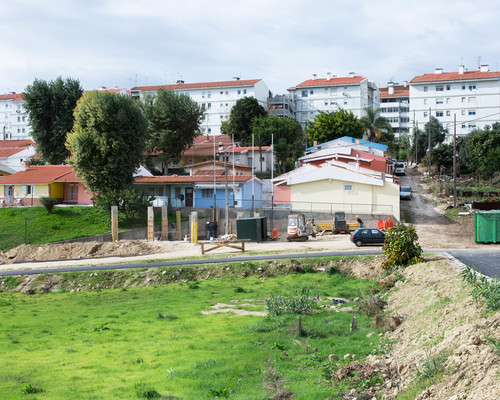
BIP/ZIP is a pioneering strategy by the Lisbon Municipality’s Body of Housing and Local Development, promoting partnerships in the city’s priority neighbourhoods. Besides establishing local
In the past decade, with the economic crisis and the transformation of welfare societies, NGOs, community organisations and civic developers – City Makers – established
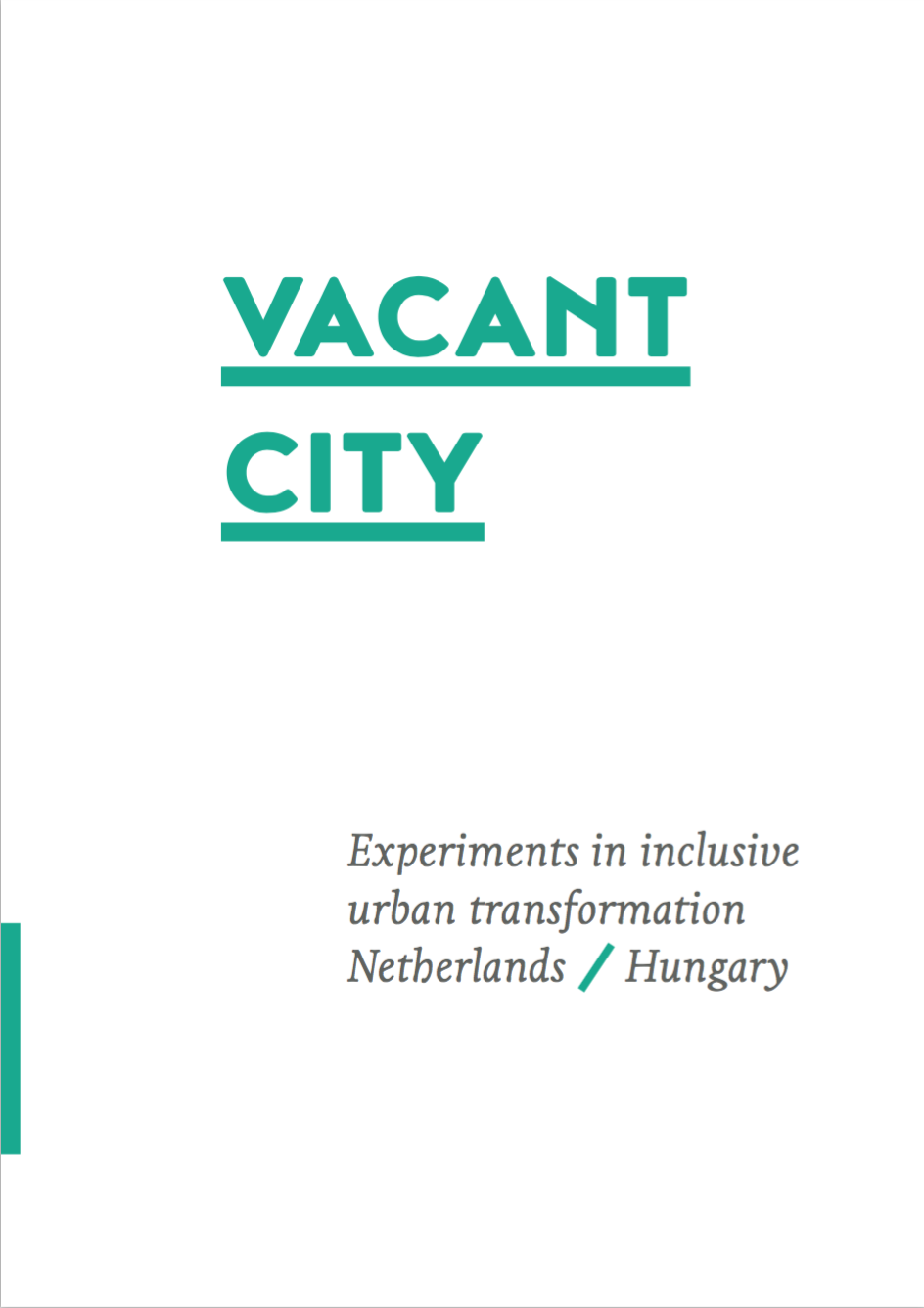
The economic crisis brought about a new paradigm in architecture and planning. Instead of serving large-scale investments and targeting fictional customers, the new development logic gives preference to the reuse of existing buildings and spaces by helping them to gradually adapt to new functions and accommodate new users. Dutch practitioners were at the forefront of experimenting with new approaches to vacant properties and community-led urban regeneration. By pioneering innovation in design, policy and management to address the problem of vacancy, they established models that inspired like-minded initiatives across the world. Between 2012 and 2015, the KÉK – Hungarian Contemporary Architecture Centre invited to Budapest a dozen Dutch practitioners, whose work is organized around the reuse of vacant buildings and areas. Vacant City is the result of these encounters, assembling the key thoughts and experiences of the program's 3 years. Direct download here.

Cascina Roccafranca is a multi-functional community centre operating in a building owned by the City of Turin. Partly financed by the municipal budget, the centre is

Afrikaanderwijk Cooperative operates in South Rotterdam’s Feijenoord area. Evolved from an art project conducted in the area by the Freehouse Foundation, the Cooperative works on

Alianca Stará Tržnica is an NGO managing the Old Market Hall, a historic building in the centre of Bratislava. The building closed down after years

With public spaces being created by the interaction of various social groups, marketplaces have traditionally constituted some of the most important public spaces, attracting people from
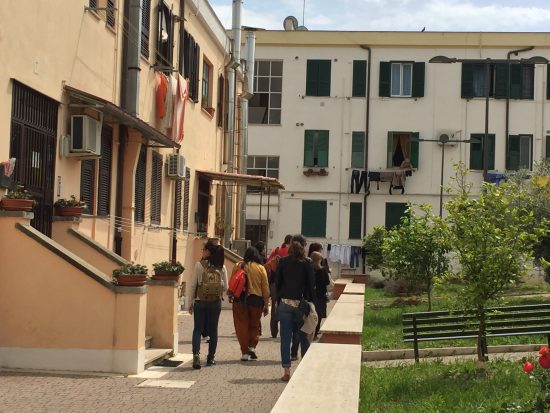
We met Massimo Marinacci at the Primavalle market in Rome. Massimo is the membership coordinator in the northern part of Lazio for Banca Etica, a

Shopping online has become a common habit in our society. More and more people choose their products online and have become accustomed to this new
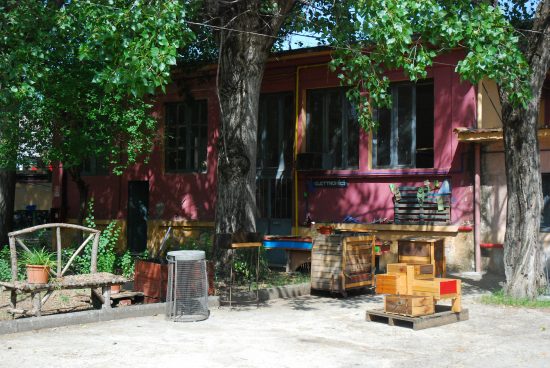
Officine Zero (OZ) was born in 2012 following the failure of the RSI corporation (ex Wagon-lits). The re-appropriation of the corporation’s facilities by the workers,
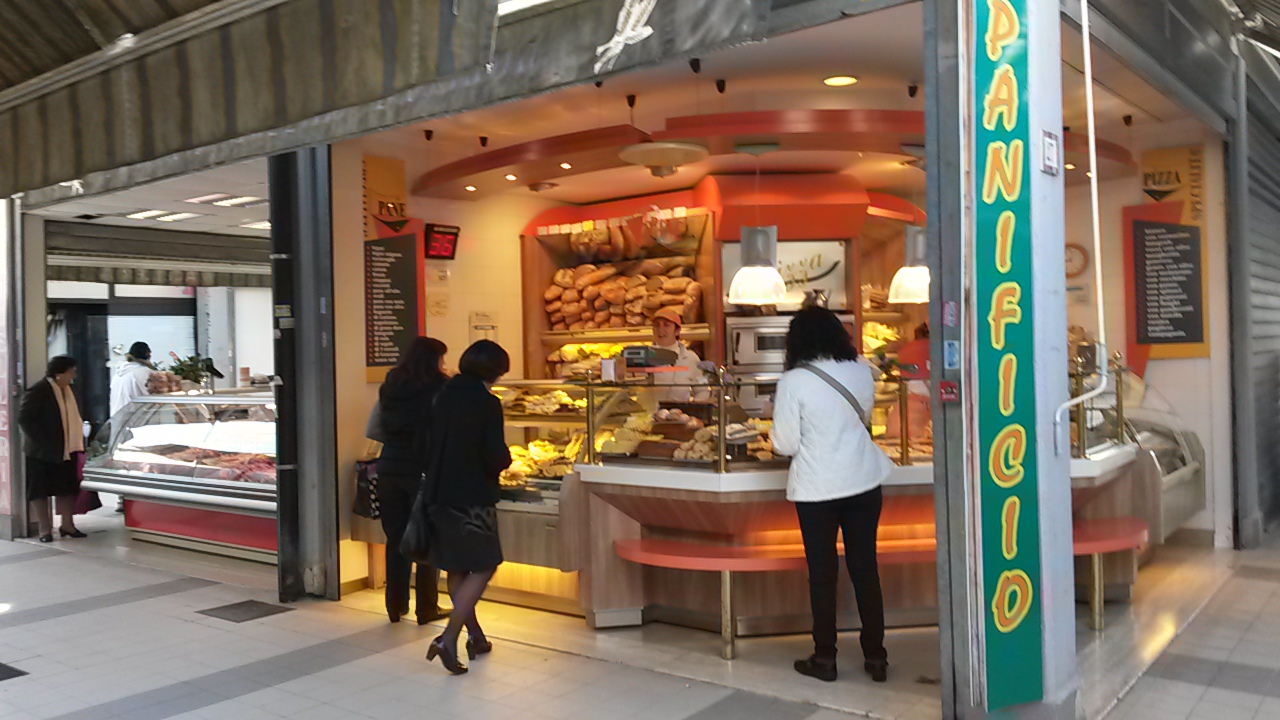
ANVA, the National Association for Commerce on Public Areas, is a professional association that gathers workers operating on commercial public areas. ANVA is counted among

Anna Maria Bianchi is the president of the association “carteinregola”, an initiative aimed at promoting collaboration between citizens and committees as well as other associations

A few steps away from Rome’s Via Trionfale you can find the Borghetto San Carlo. A little piece of countryside in North Rome, the Borghetto consists
About Cooperative City Magazine The Cooperative City Magazine is a project run by Eutropian, based in Vienna, Austria. The company is working with various European
Urban regeneration Neighbourhoods, the building blocks of cities, are in constant transformation. Improving the quality of life, relationships and opportunities in a specific area requires
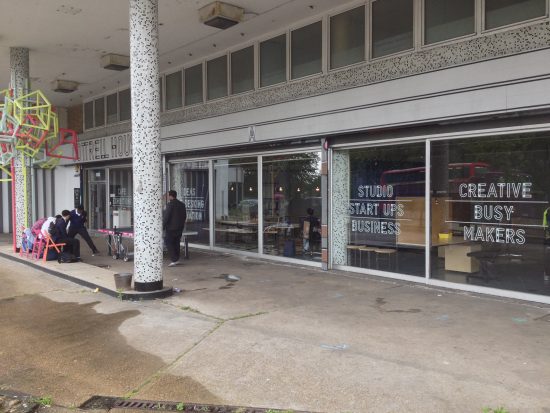
Temporary use is a learning process of accommodating innovation and adapting needs and capacities to available resources. It offers benefits to owners and users, in
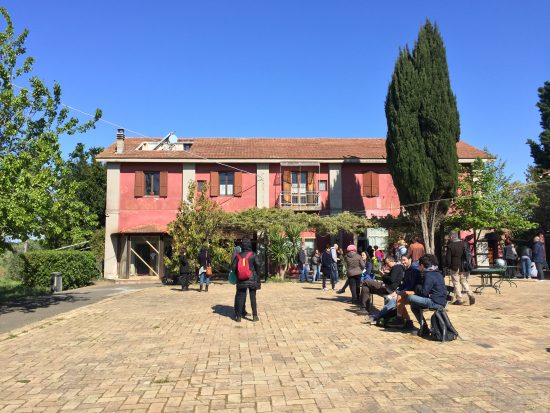
European cities are still in the wake of the economic crisis. Public administrations are struggling with urban maintenance and the delivery of local services. Driven
© Copyright 2017 – 2025 by Eutropian GmbH. All rights reserved. I Imprint / Disclaimer | Data Privacy Policy | Contact
| Cookie | Duration | Description |
|---|---|---|
| cookielawinfo-checkbox-analytics | 11 months | This cookie is set by GDPR Cookie Consent plugin. The cookie is used to store the user consent for the cookies in the category "Analytics". |
| cookielawinfo-checkbox-functional | 11 months | The cookie is set by GDPR cookie consent to record the user consent for the cookies in the category "Functional". |
| cookielawinfo-checkbox-necessary | 11 months | This cookie is set by GDPR Cookie Consent plugin. The cookies is used to store the user consent for the cookies in the category "Necessary". |
| cookielawinfo-checkbox-others | 11 months | This cookie is set by GDPR Cookie Consent plugin. The cookie is used to store the user consent for the cookies in the category "Other. |
| cookielawinfo-checkbox-performance | 11 months | This cookie is set by GDPR Cookie Consent plugin. The cookie is used to store the user consent for the cookies in the category "Performance". |
| viewed_cookie_policy | 11 months | The cookie is set by the GDPR Cookie Consent plugin and is used to store whether or not user has consented to the use of cookies. It does not store any personal data. |
